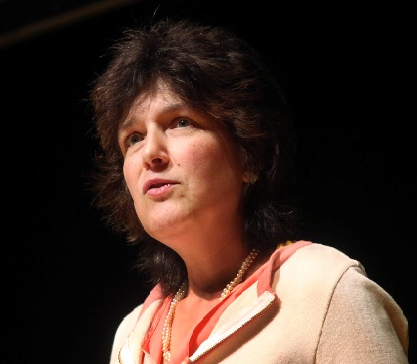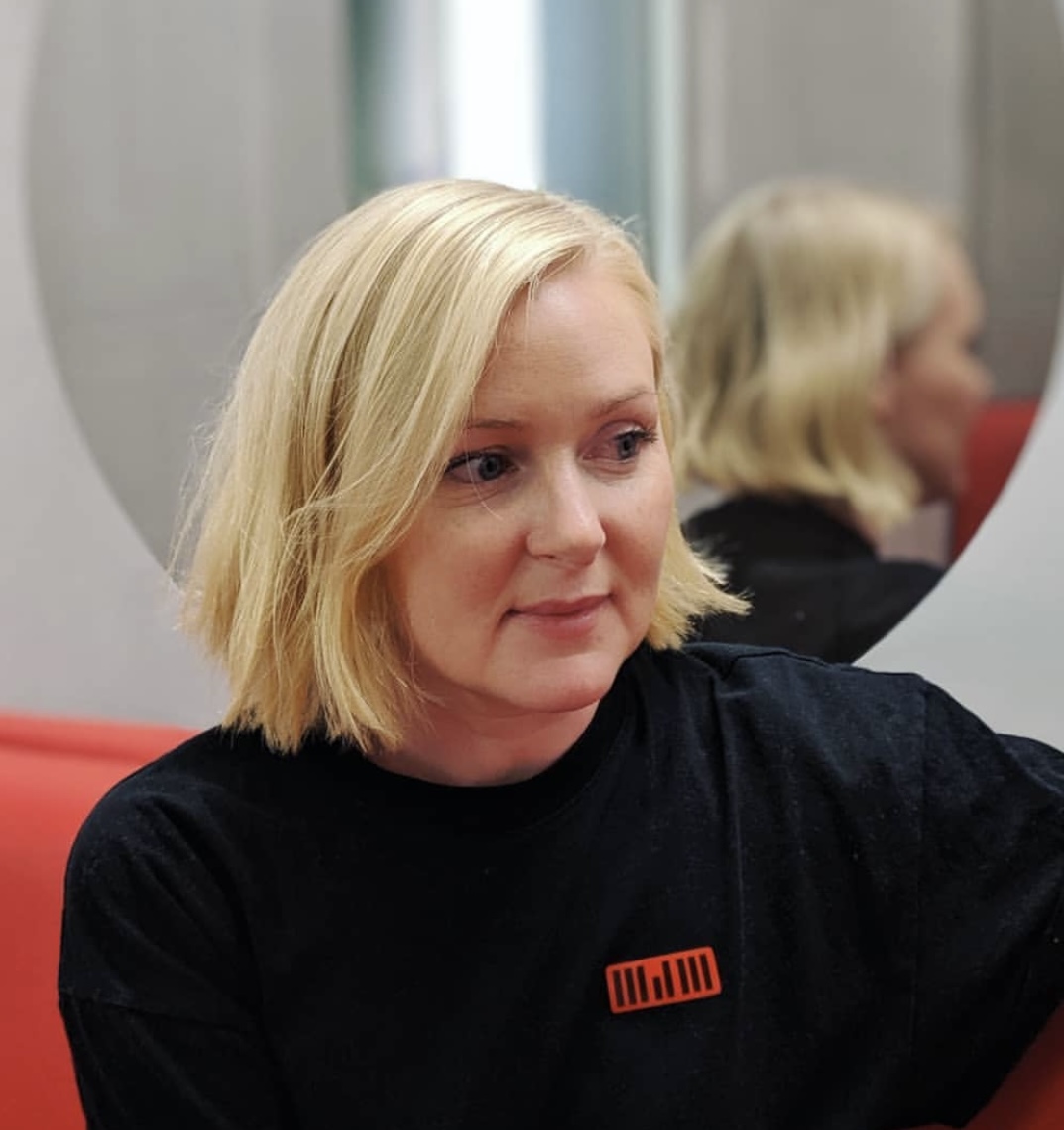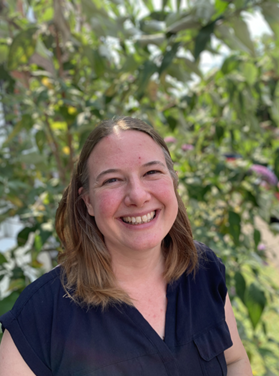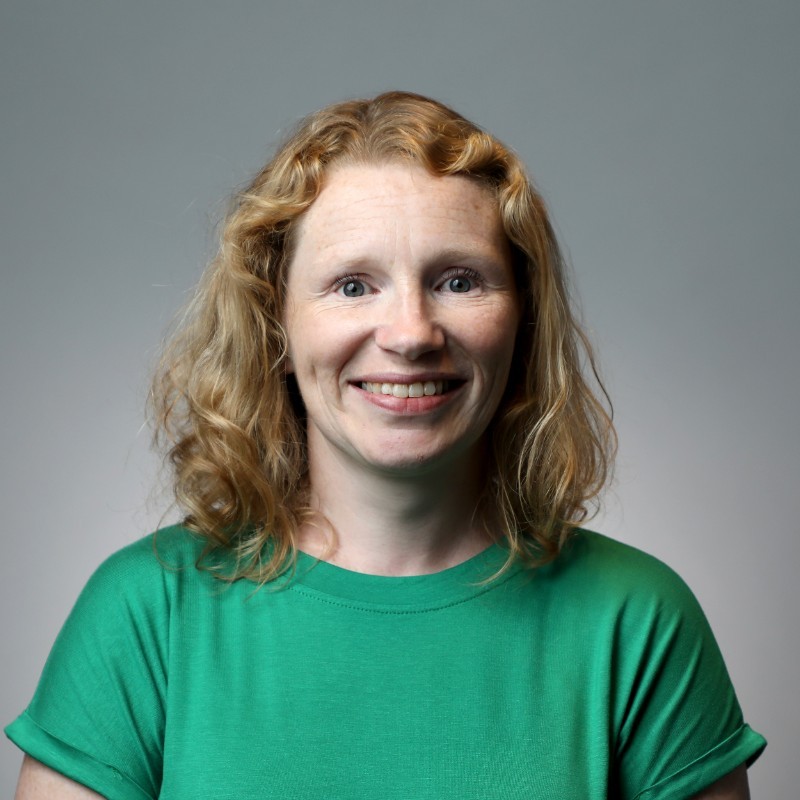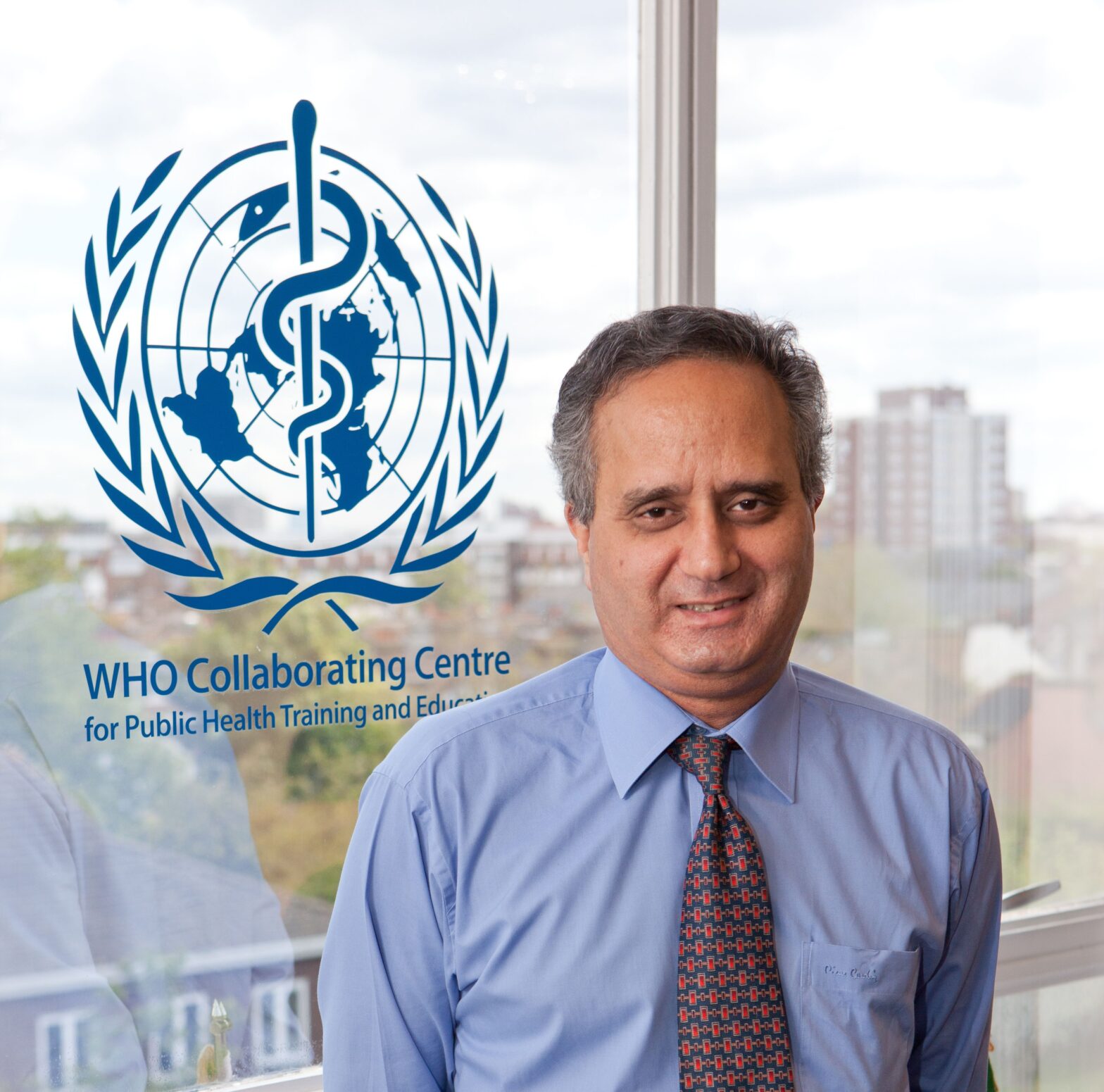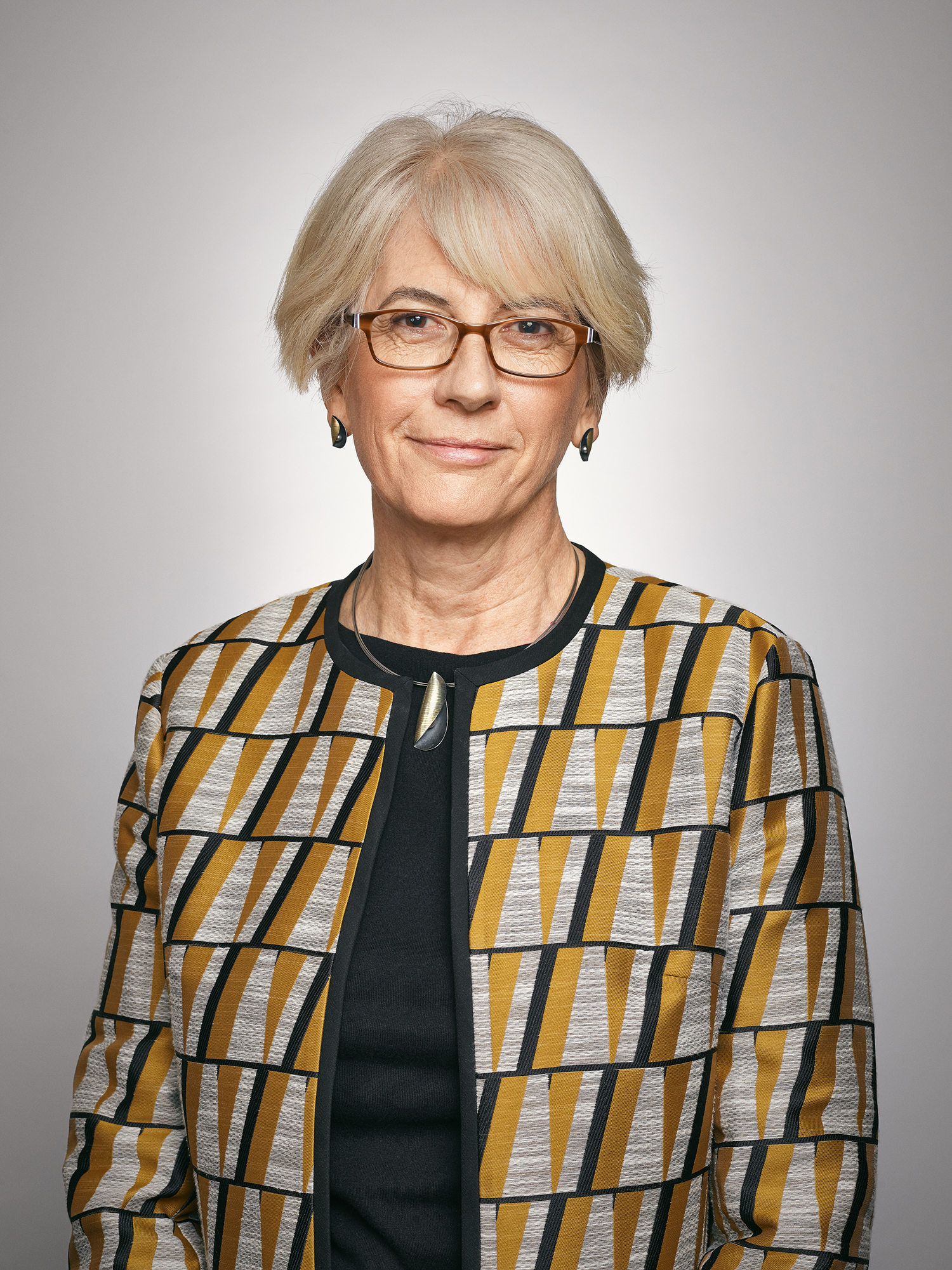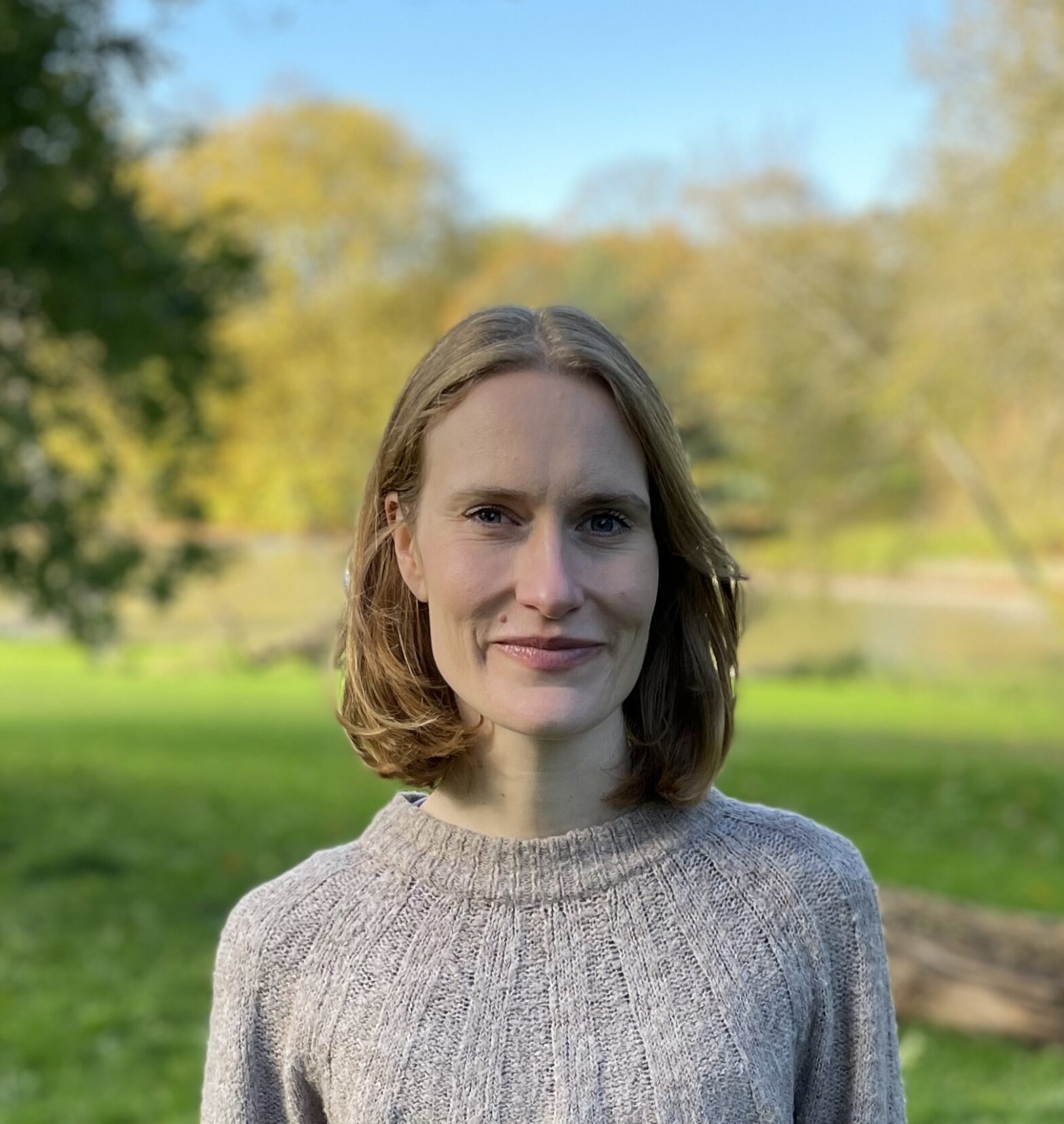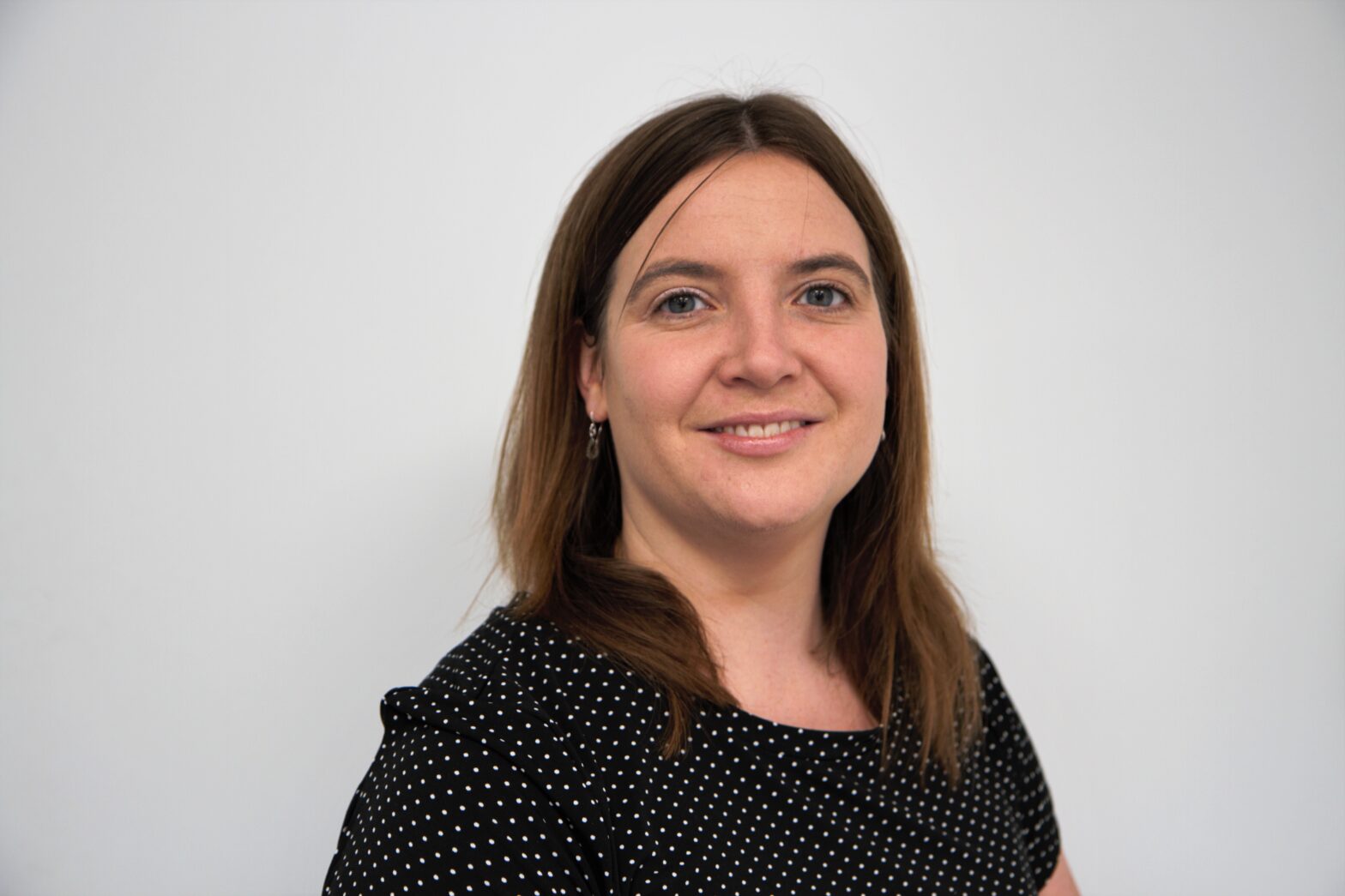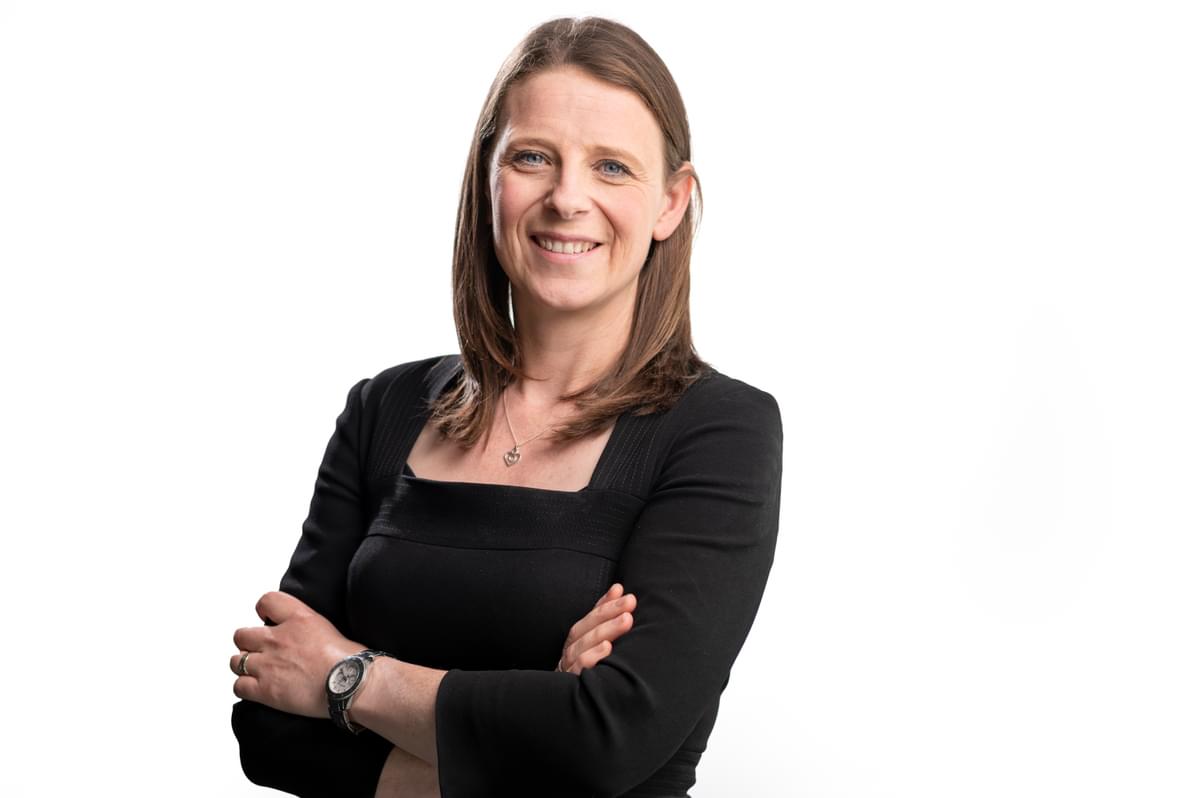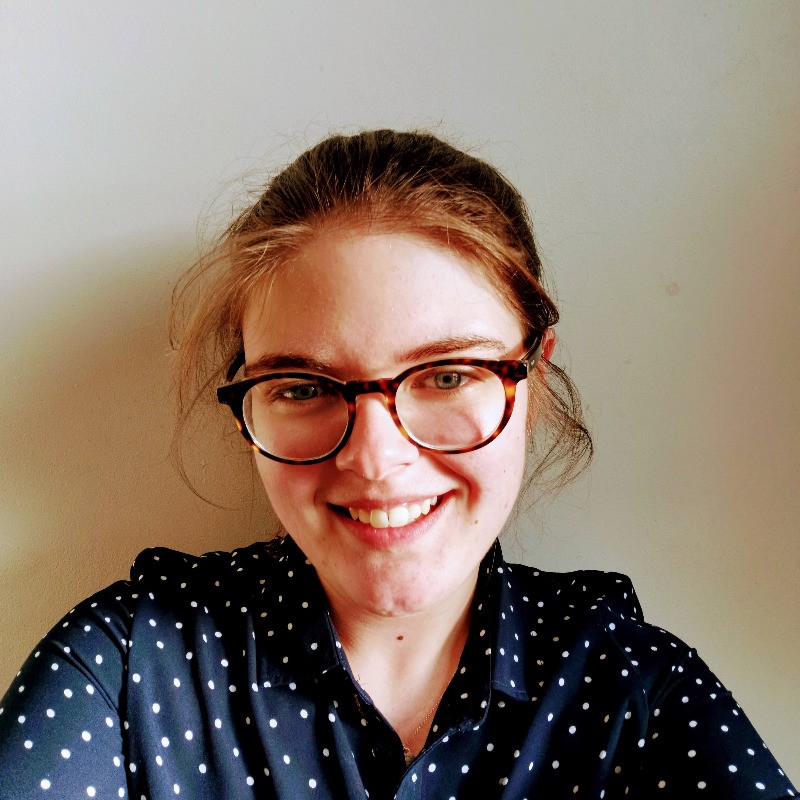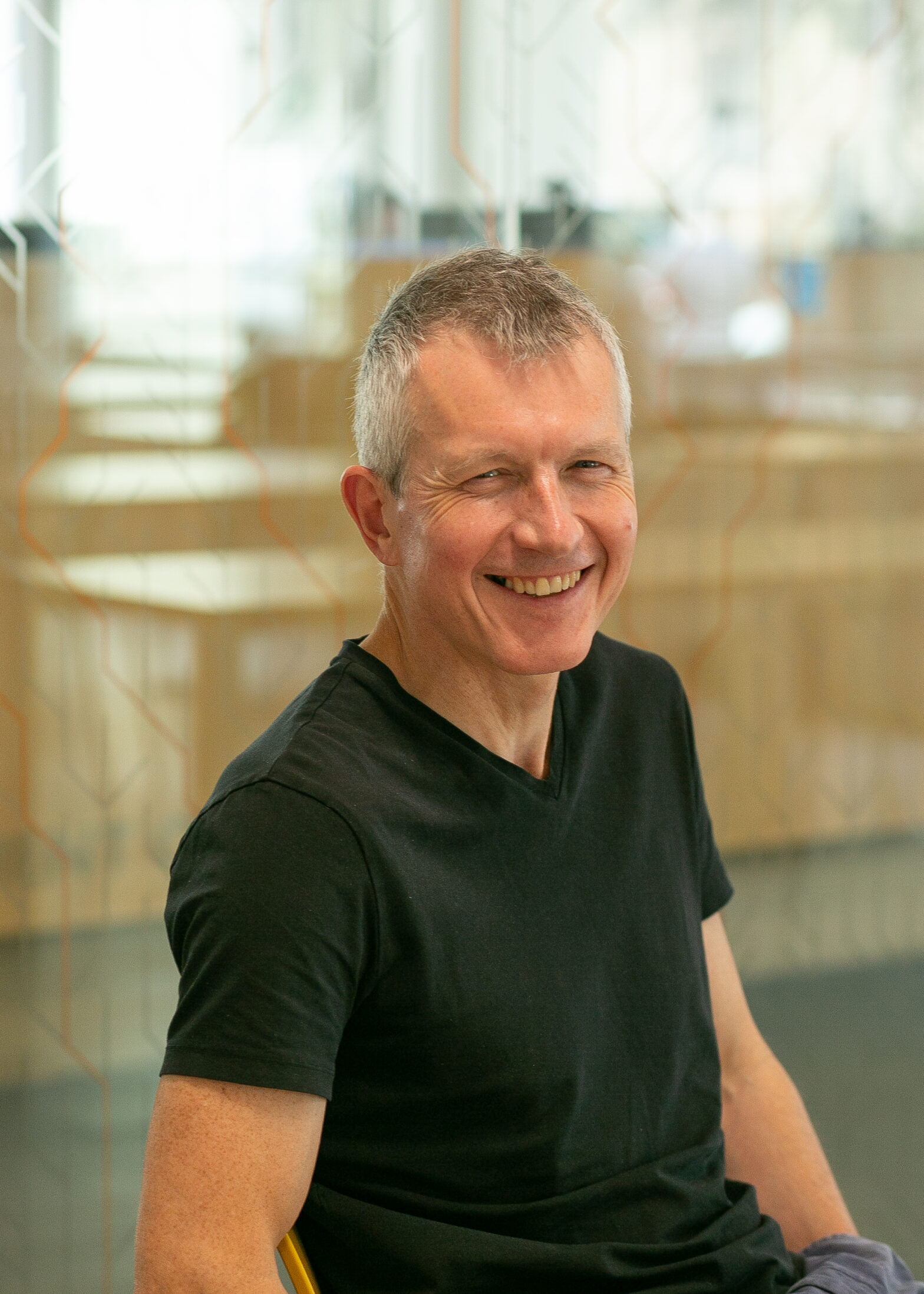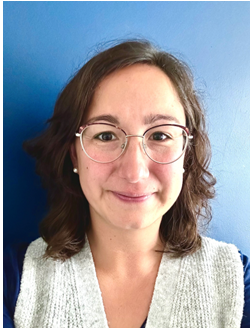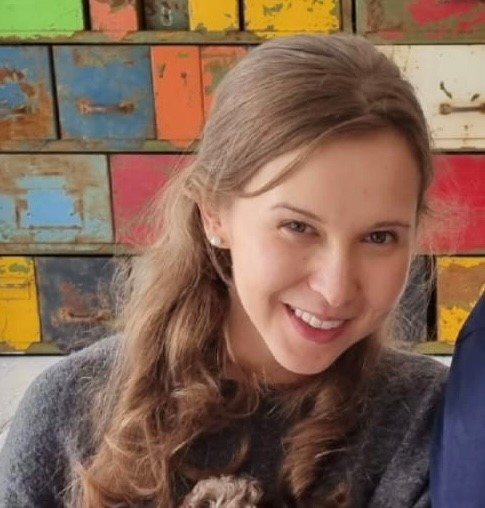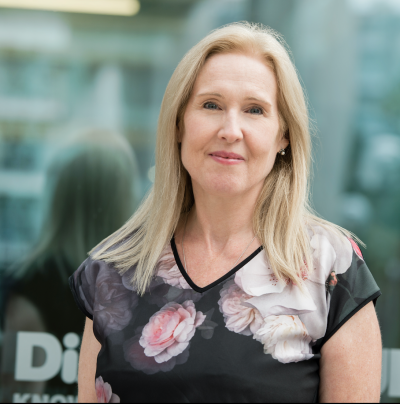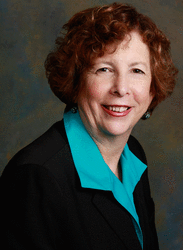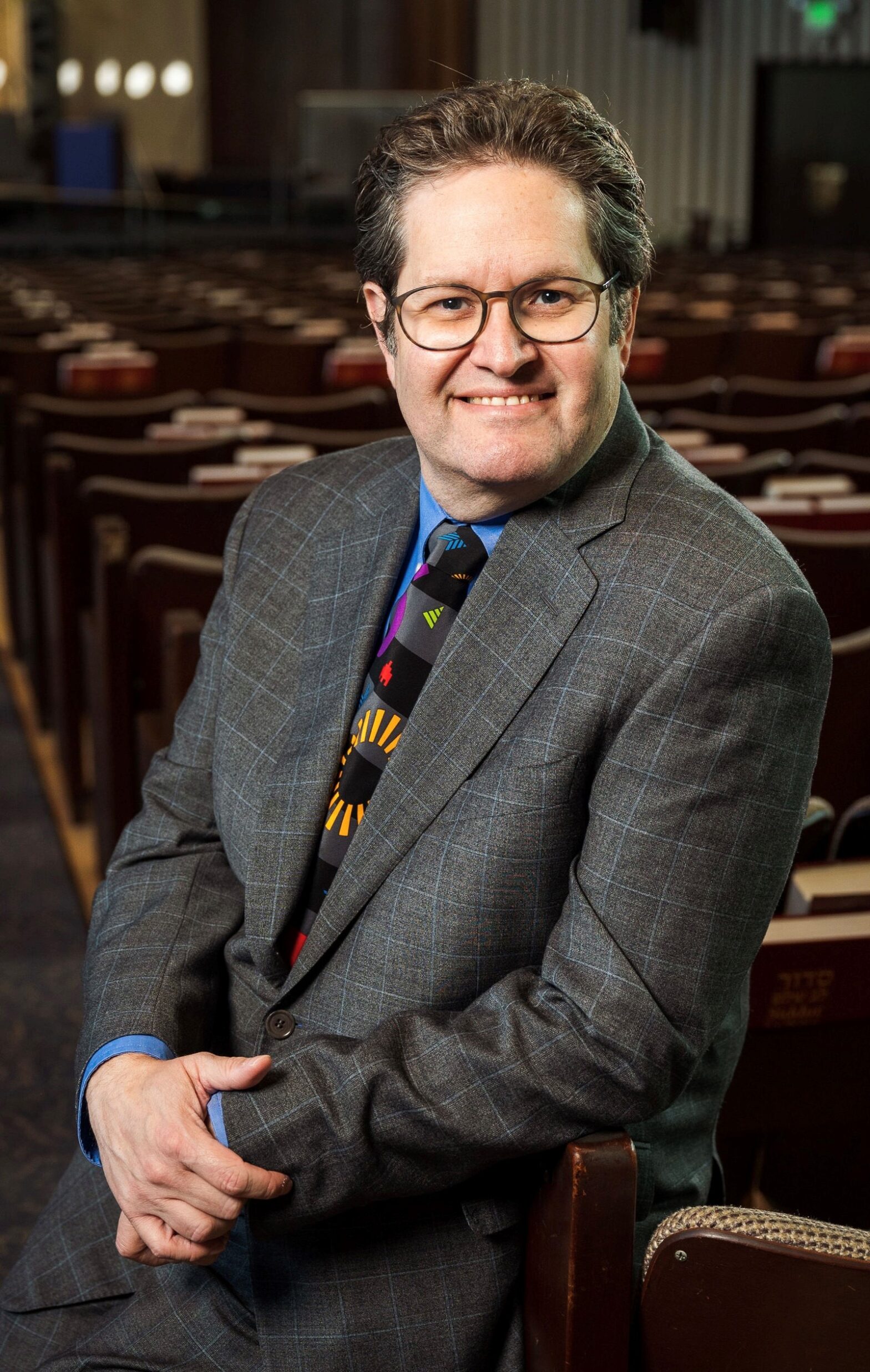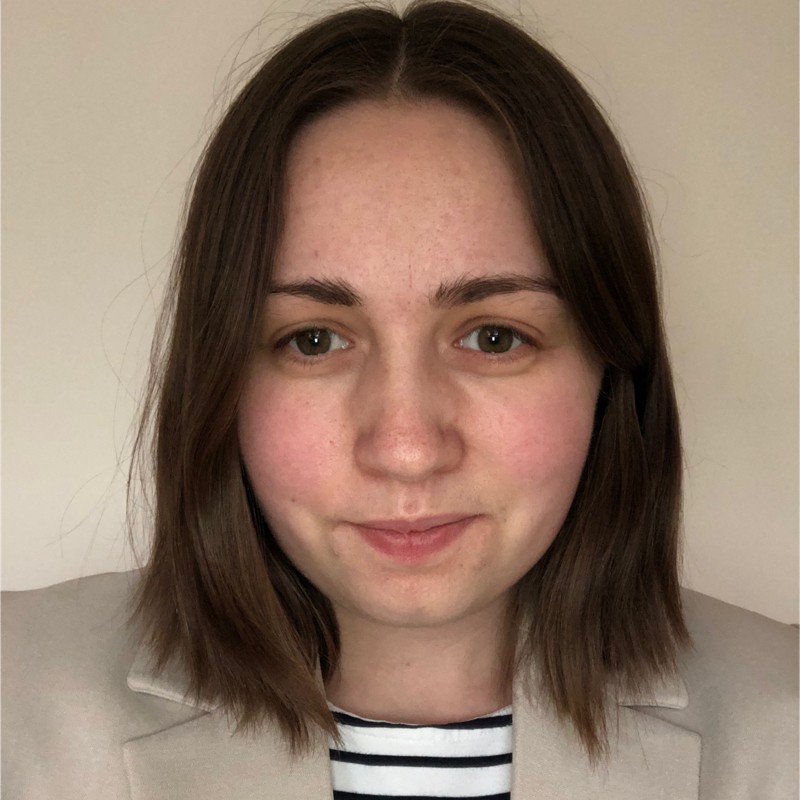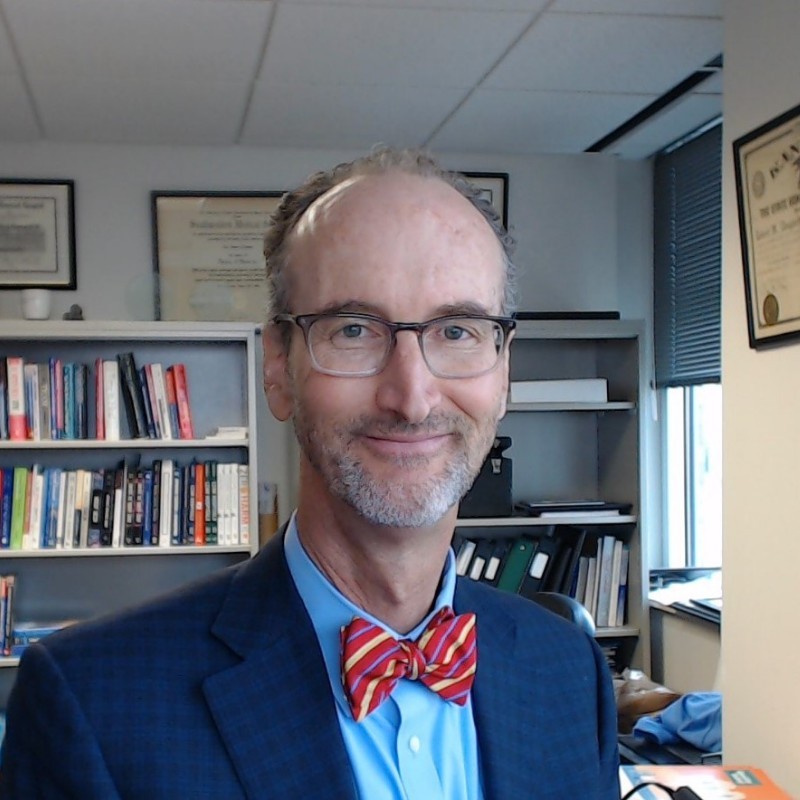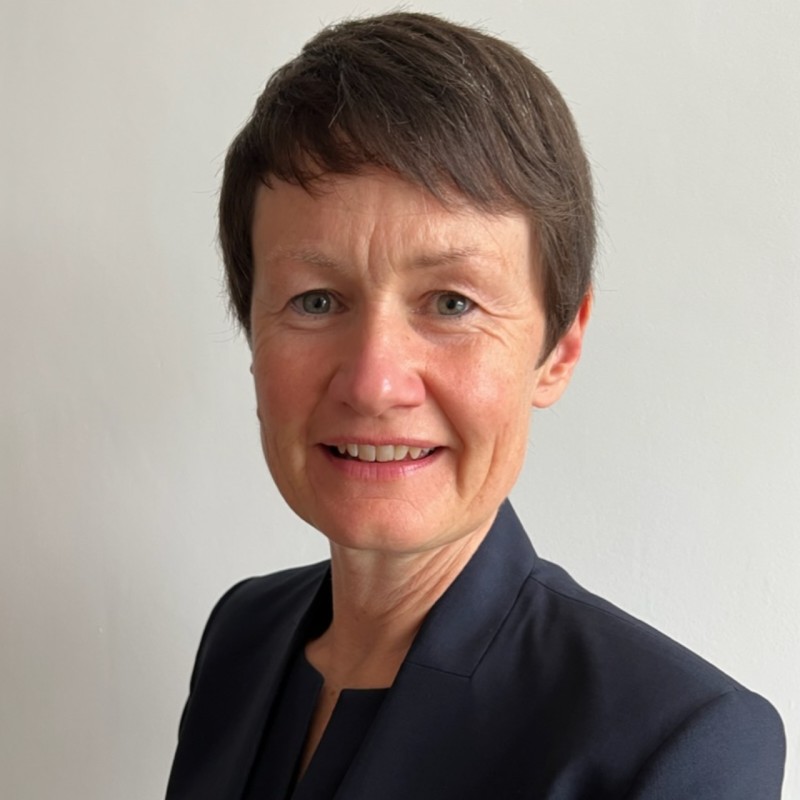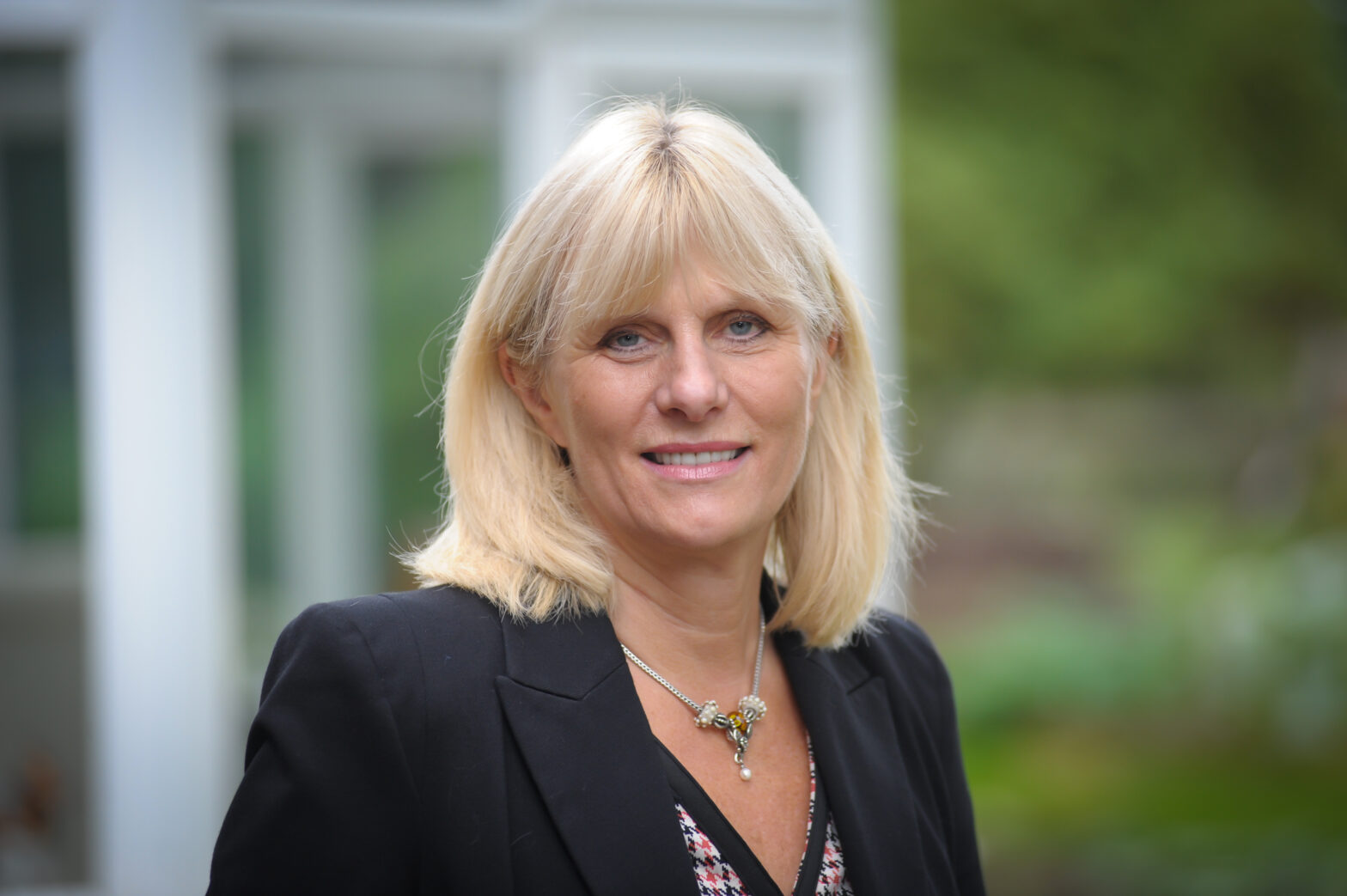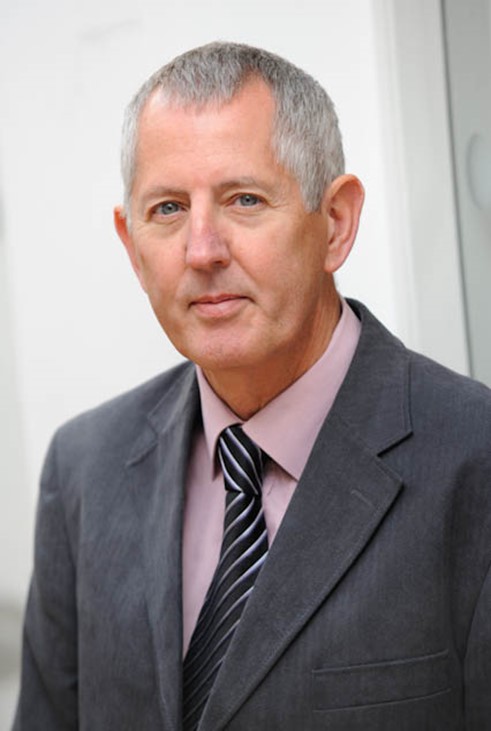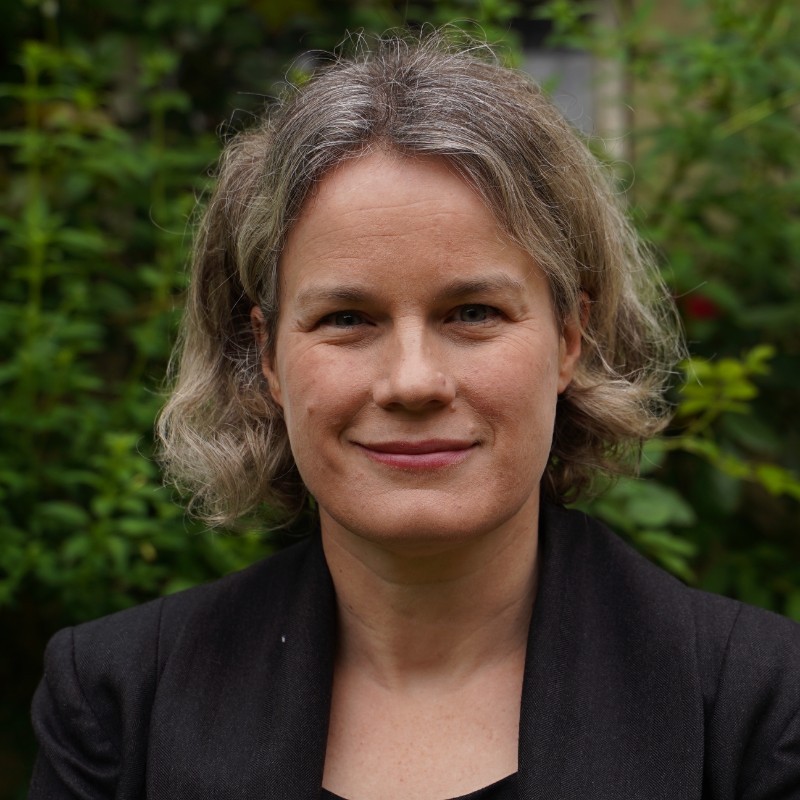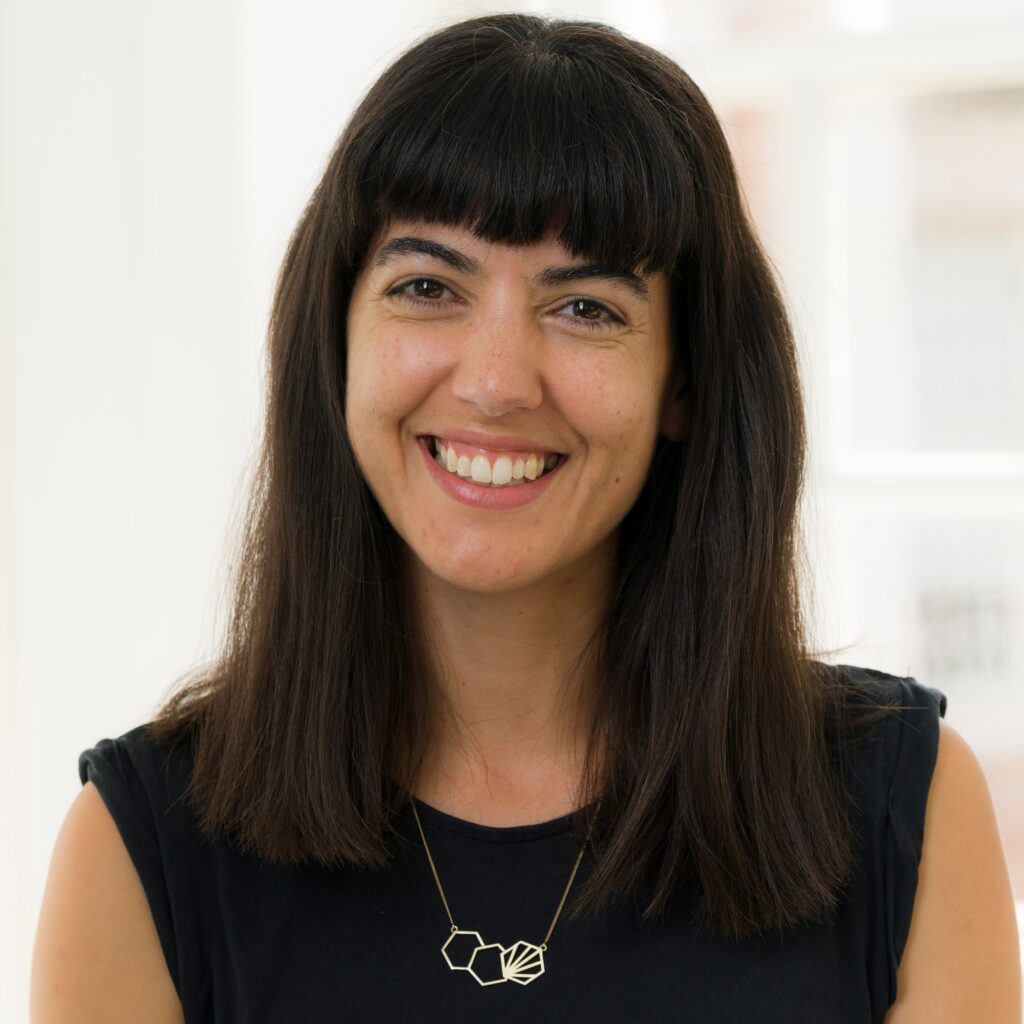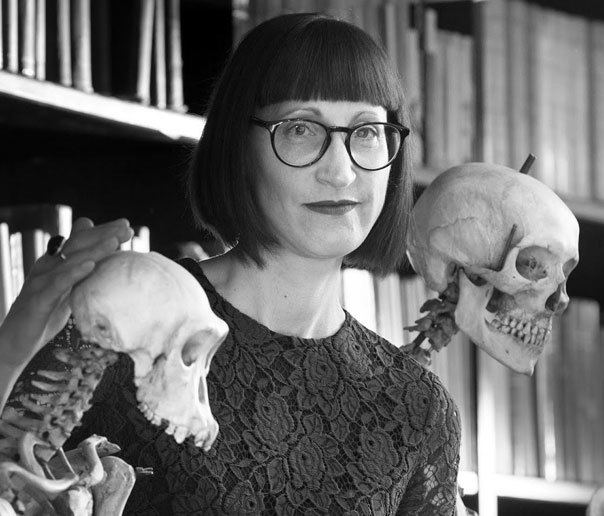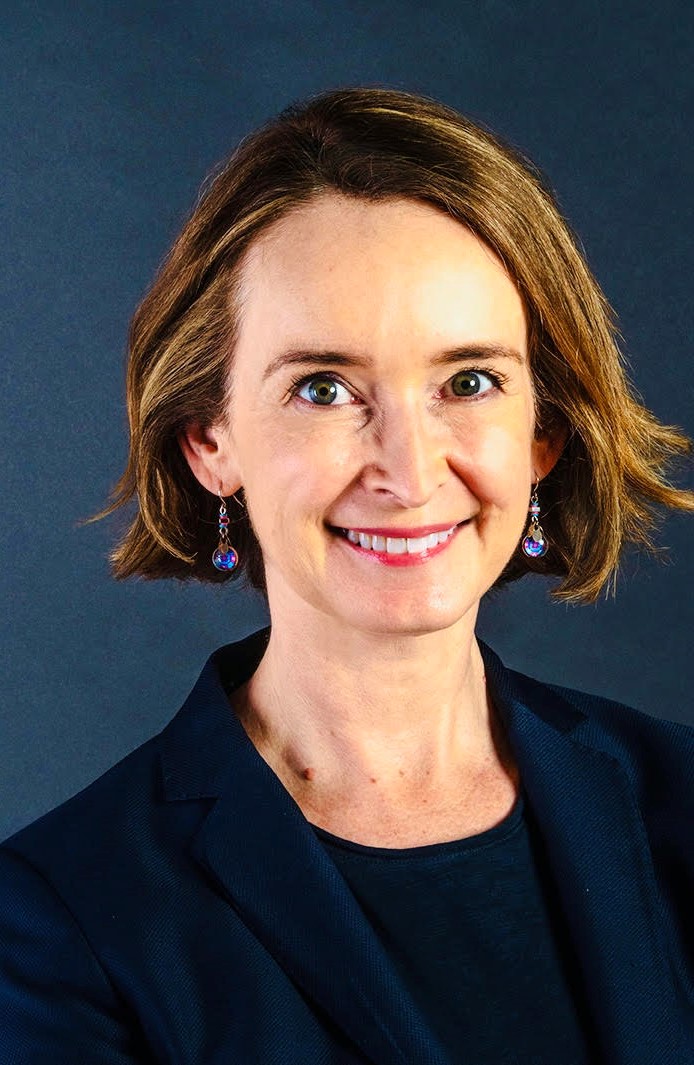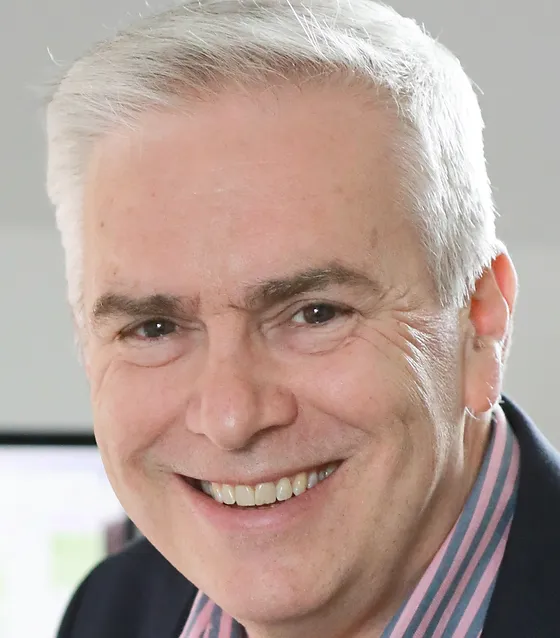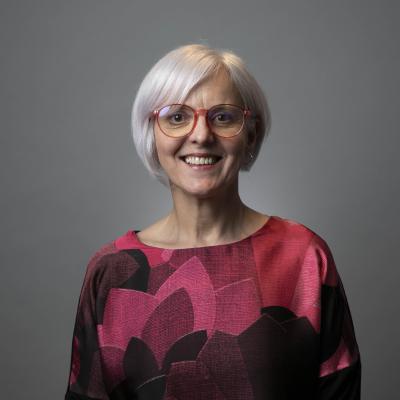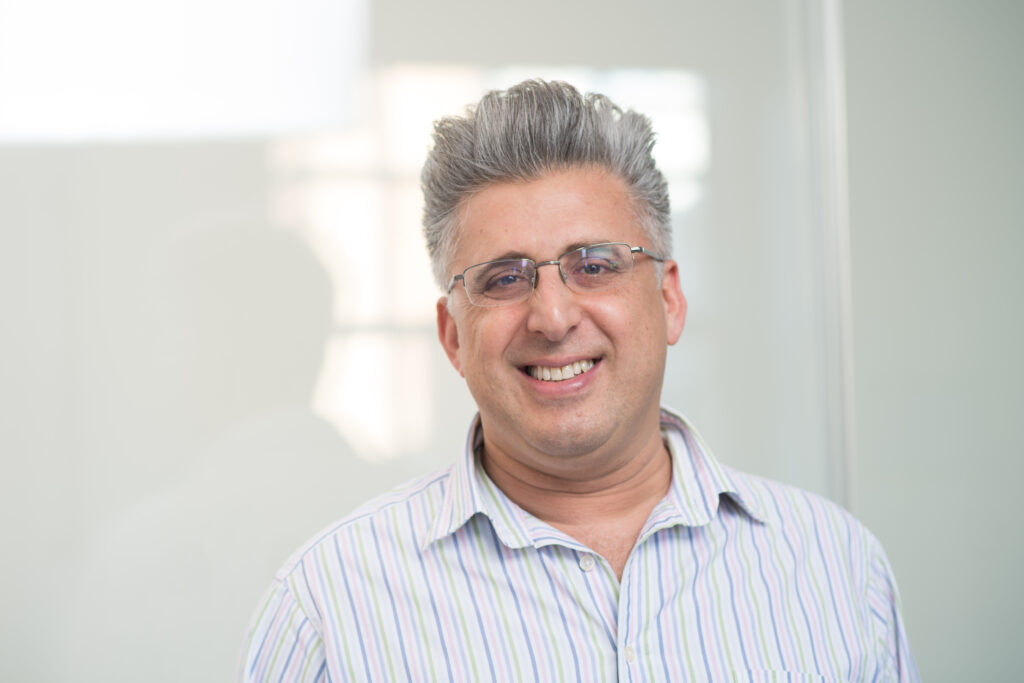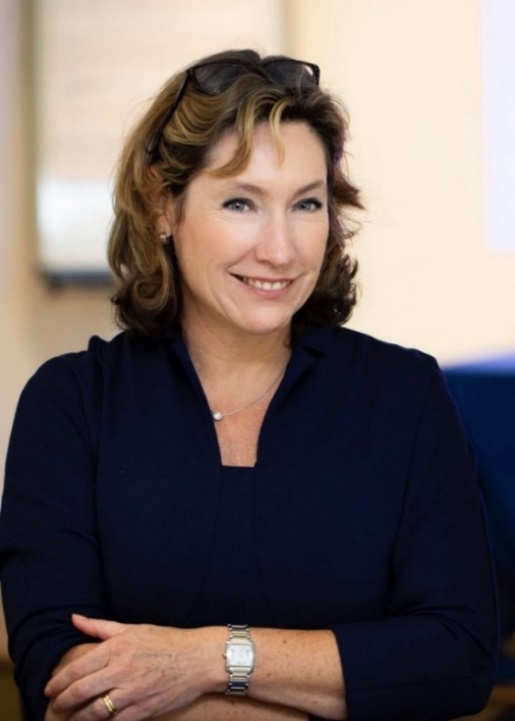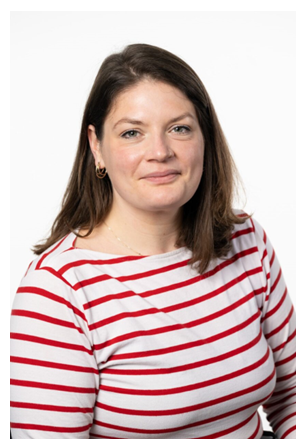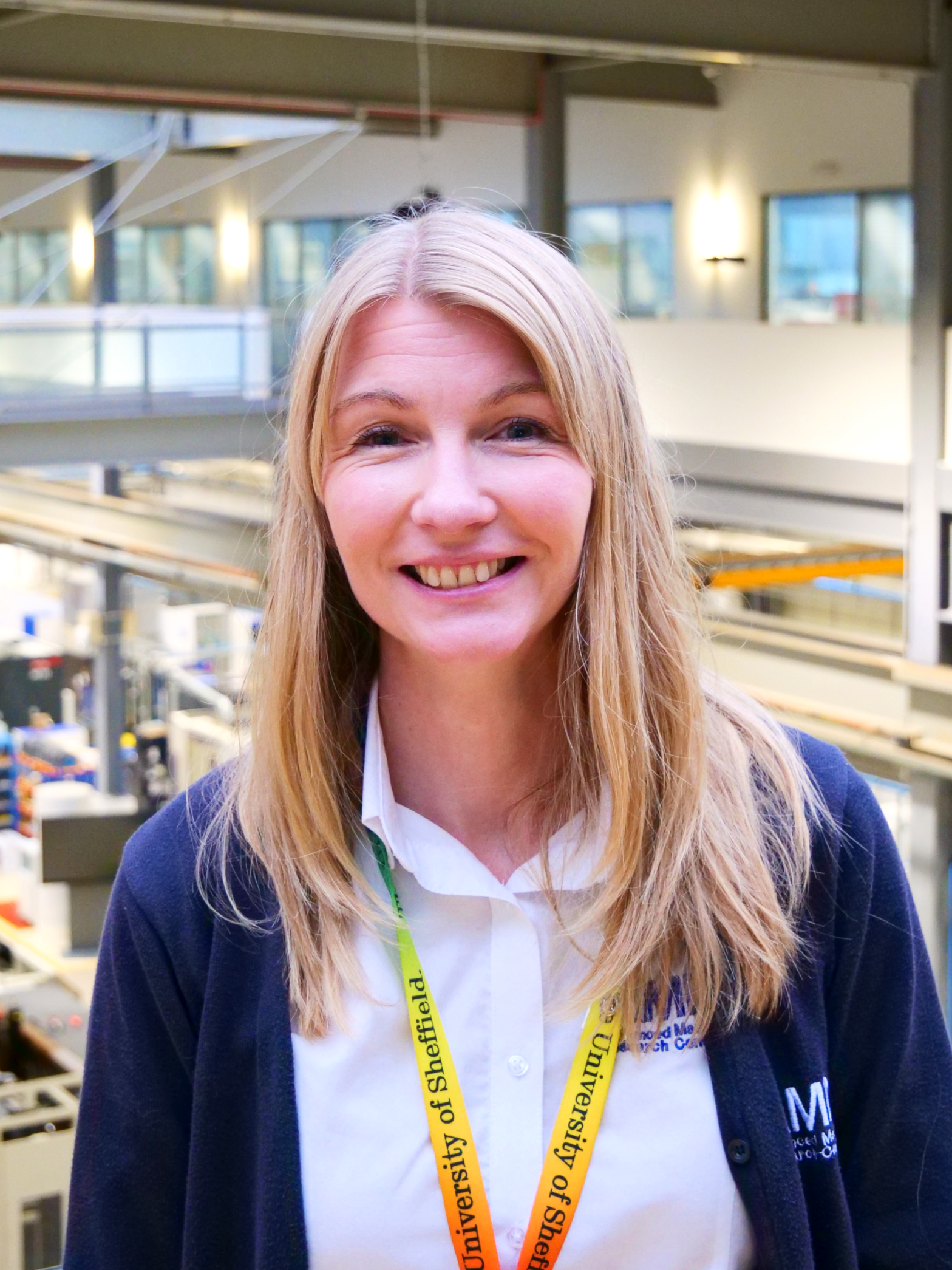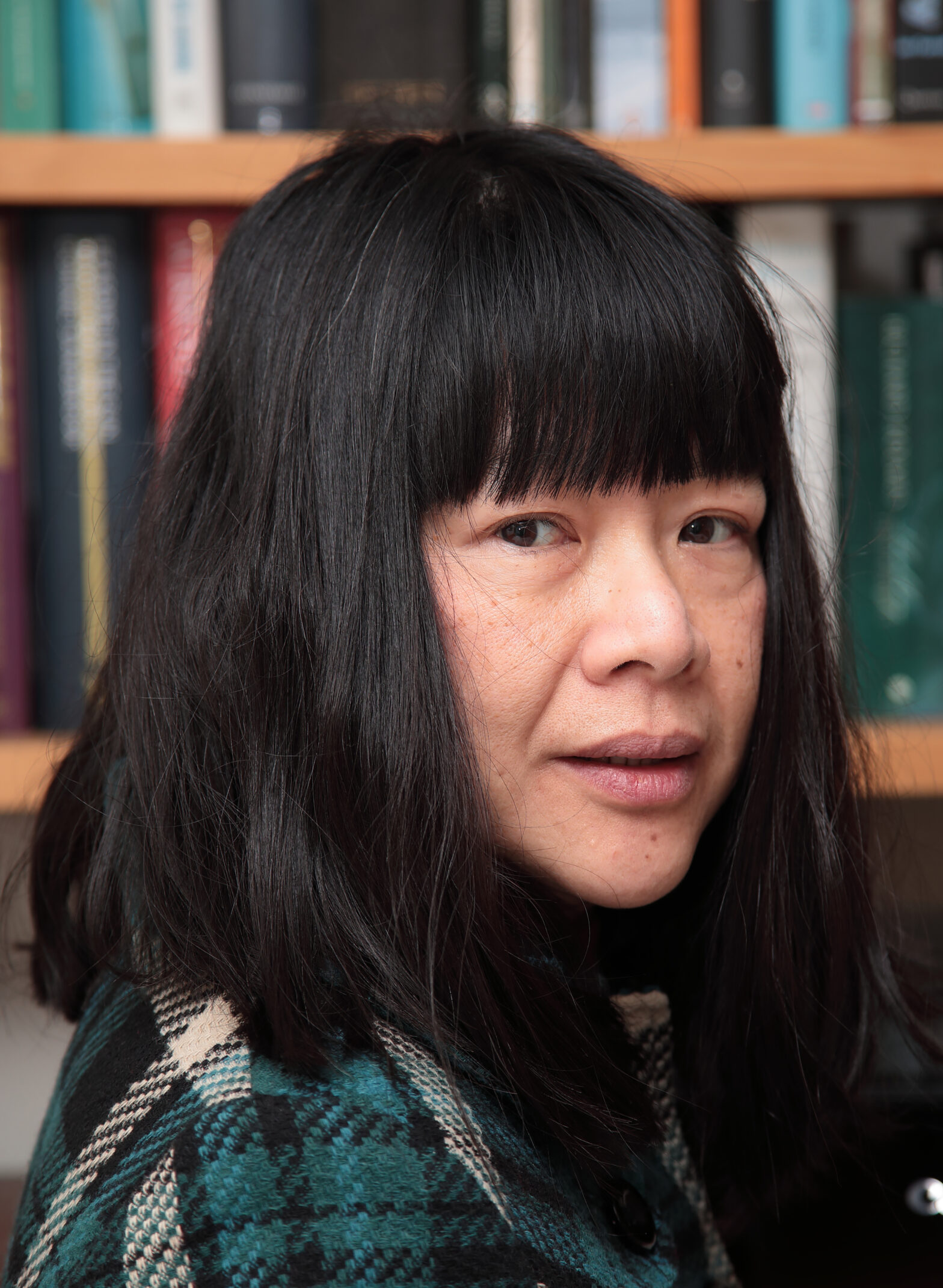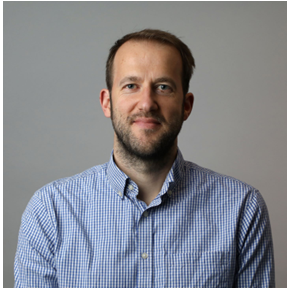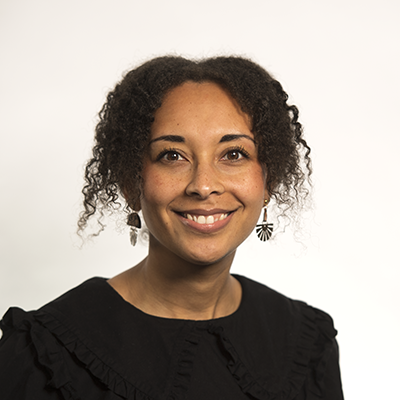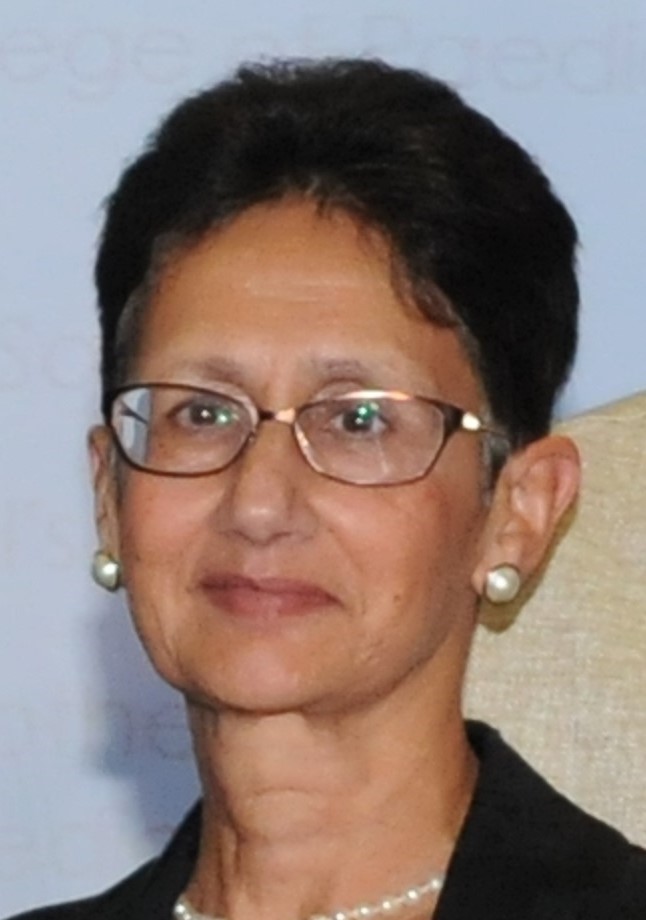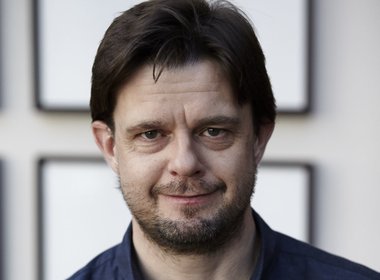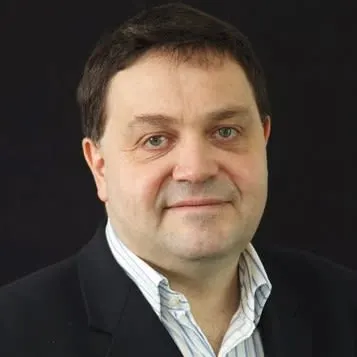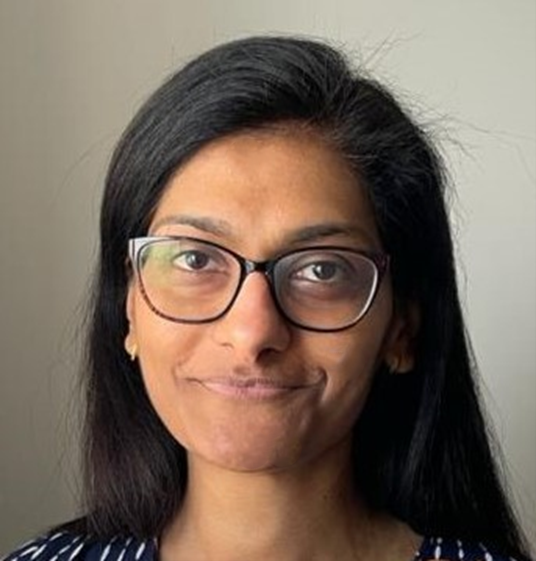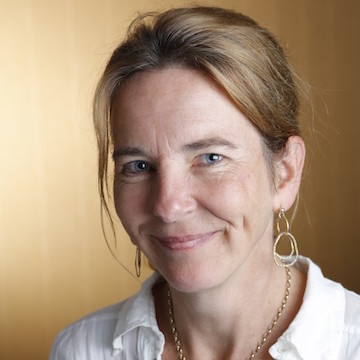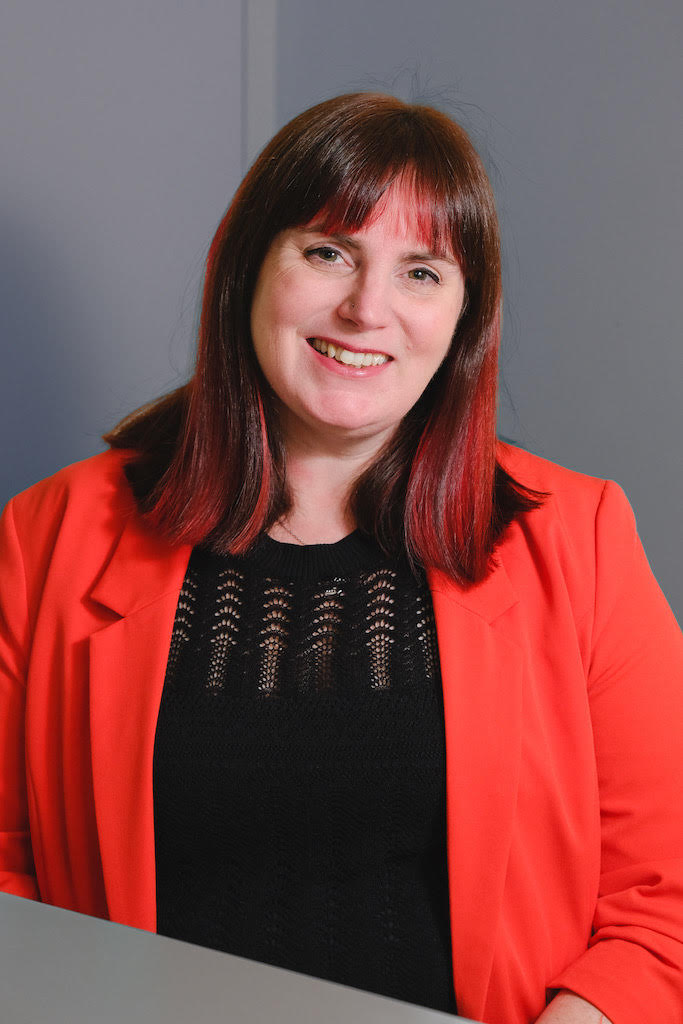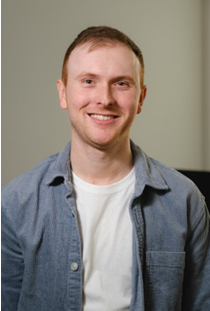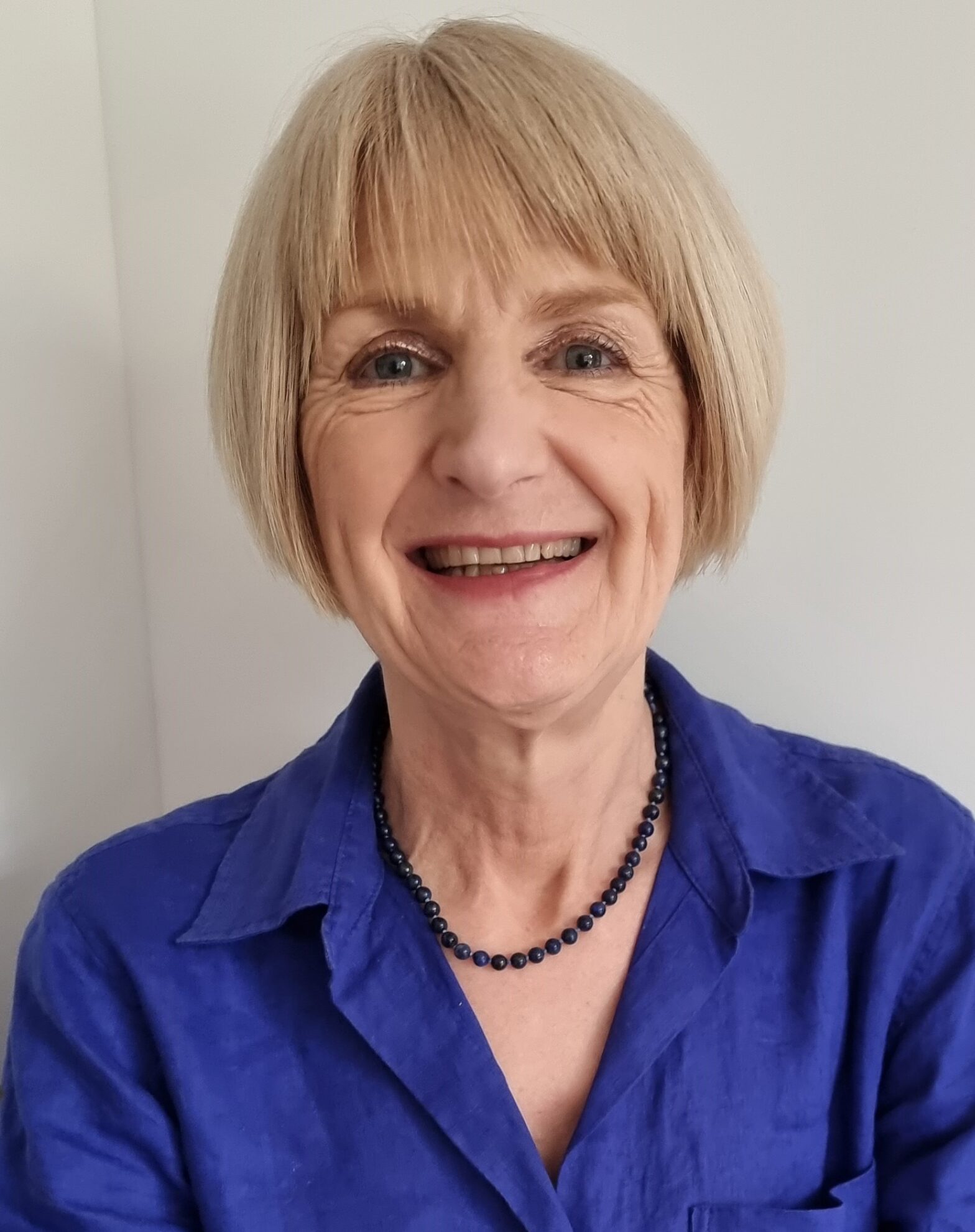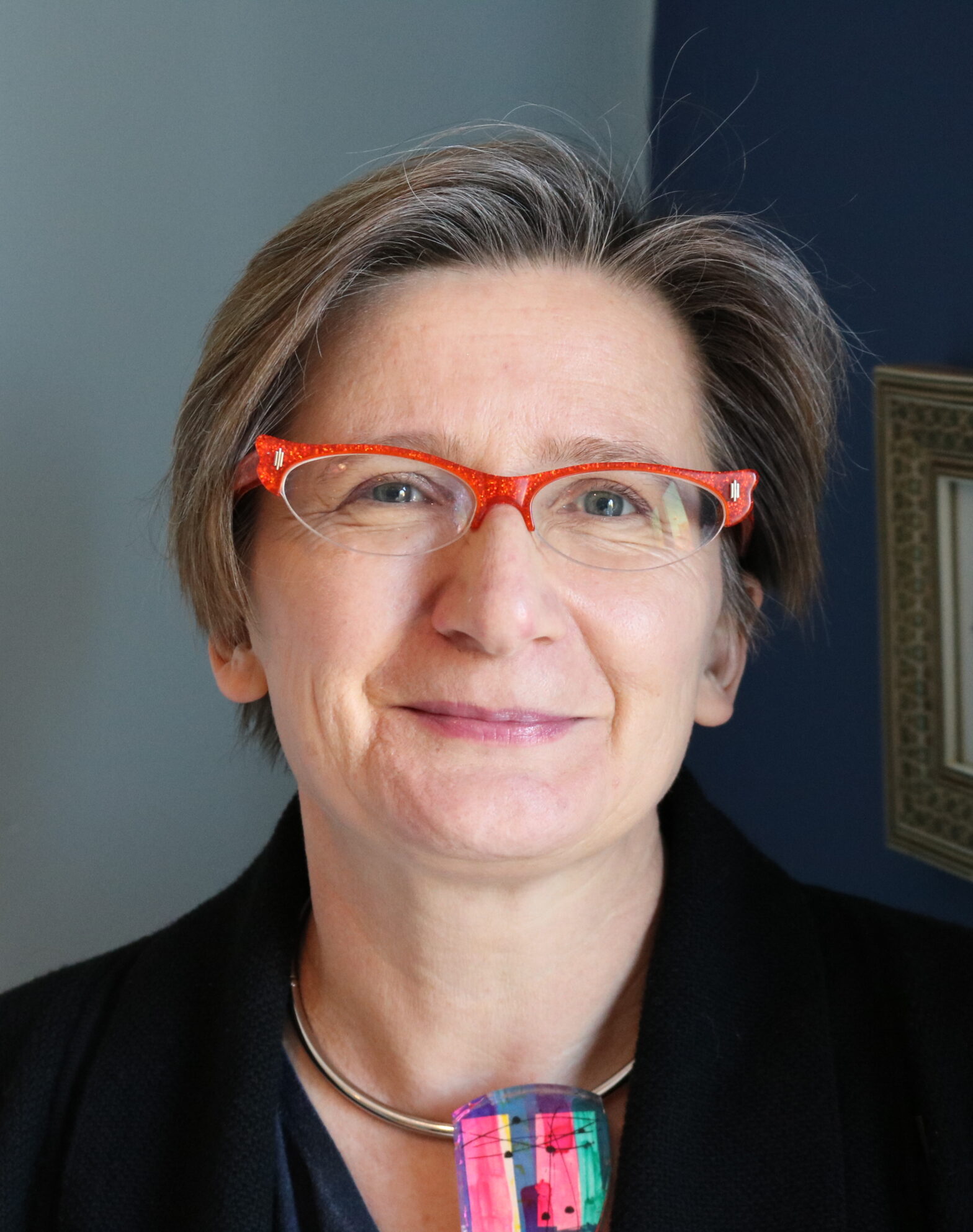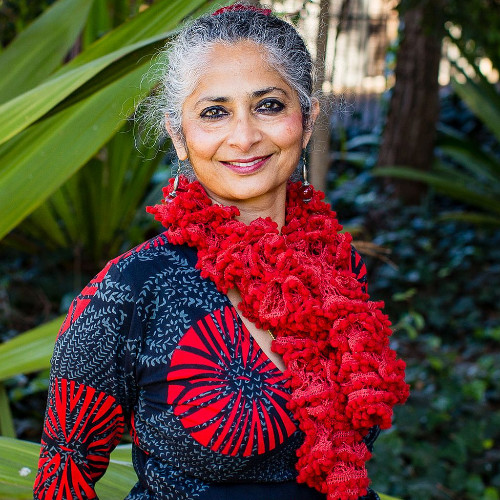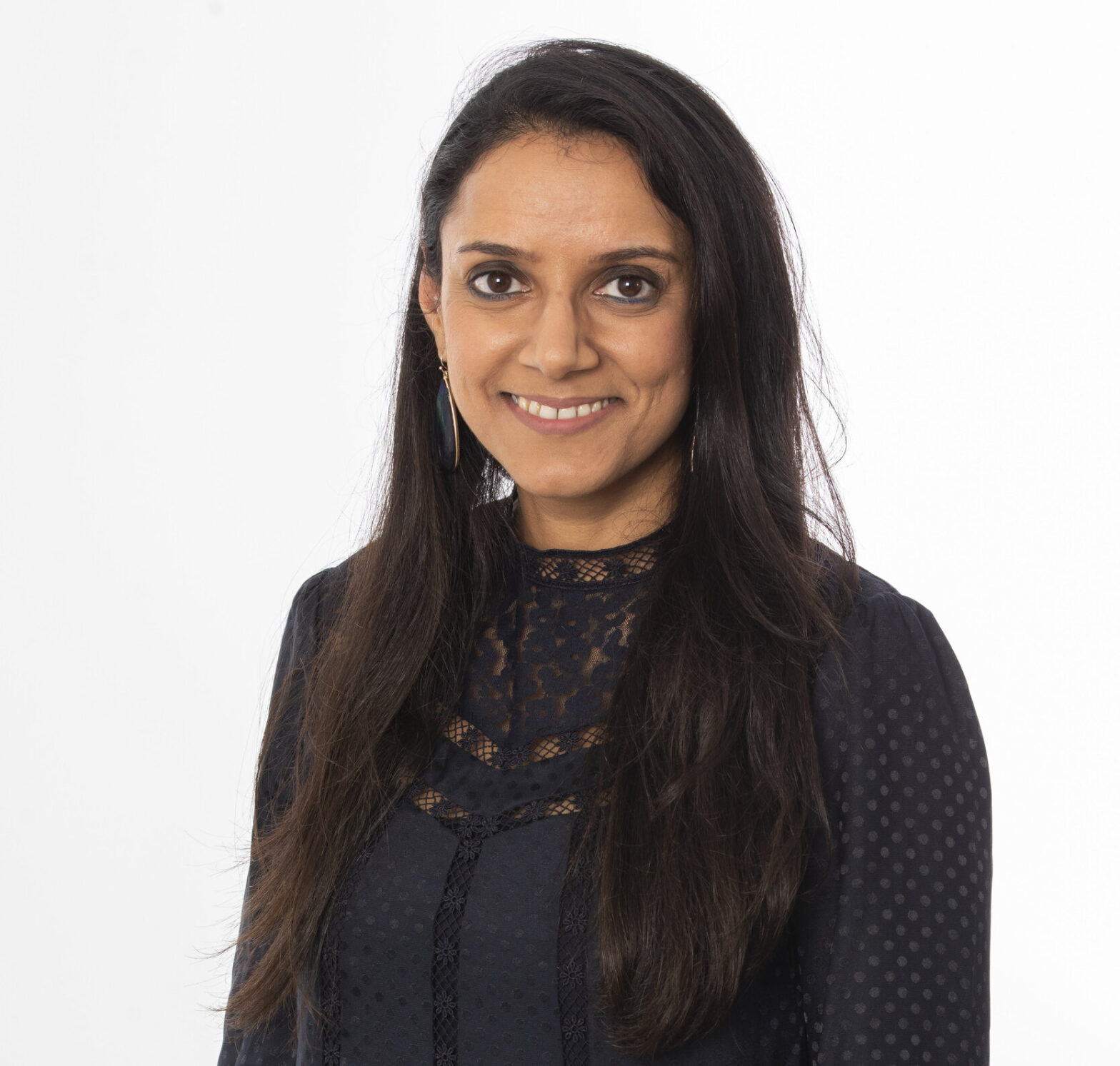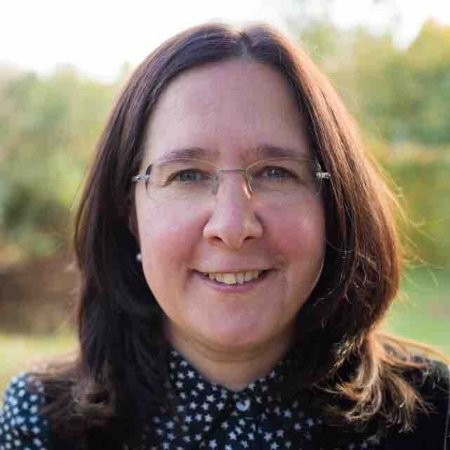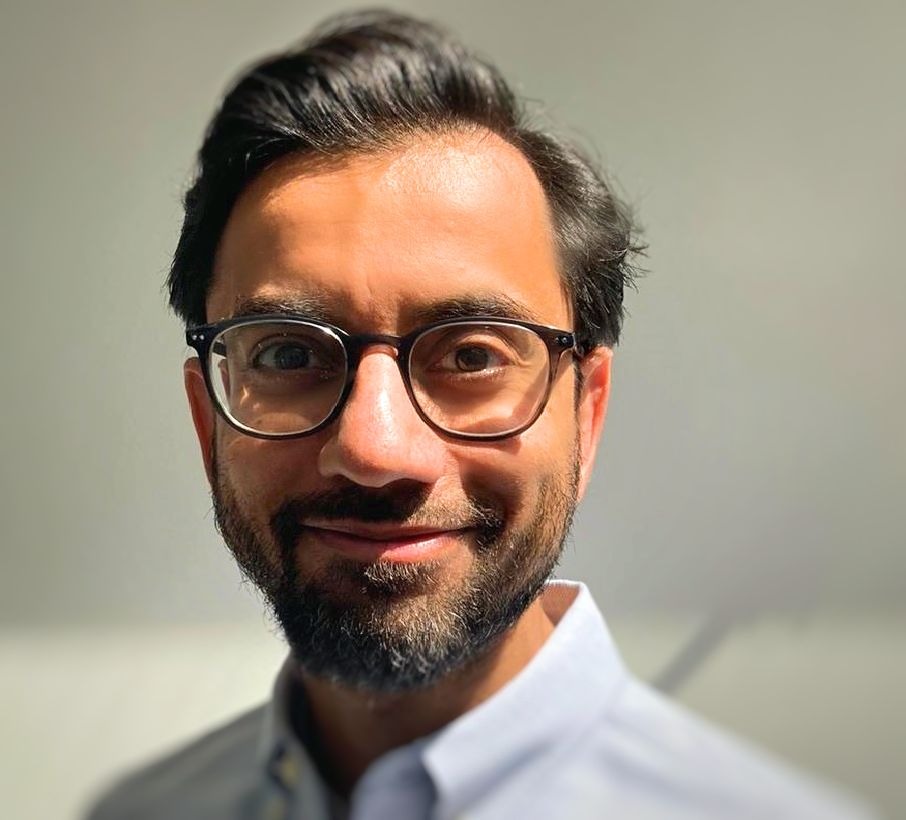Chris Whitty
Chief Medical Officer, Government, England
Prof. Chris Whitty is Chief Medical Officer (CMO) for England, Chief Medical Adviser to HM Government and a practicing NHS consultant at UCLH. Previously he was head of the National Institute for Health Research (NIHR), Chief Scientific Adviser at the Department of Health and Social Care (DHSC) and the Department for International Development (DFID), and interim Government Chief Scientific Adviser. Until becoming CMO he was Professor of Public and International Health at the London School of Hygiene and Tropical Medicine and his work was as an epidemiologist and clinician in Africa, Asia and the UK. He was also Gresham Professor of Physic and served on the BMJ hanging committee for several years.
Ken Gabriel
Chief Operating Officer, Wellcome Leap, US
Ken was most recently president and chief executive officer of The Charles Stark Draper Laboratory, an independent not-for-profit research institution that develops innovative technology solutions in the fields of national security, space, biomedical systems and energy. Prior to that, Ken served as deputy director of the Advanced Technology and Projects (ATAP) group at Google from 2012 to 2014 and as corporate vice president at Google/Motorola Mobility. From 2009 to 2012, he was the deputy director, and then acting director, of the Defense Advanced Research Projects Agency (DARPA) in the Department of Defense. Between 2002 and 2009, Ken was the Co-Founder, Chairman and Chief Technology Officer of Akustica, a fabless semiconductor company that commercialized Micro Electro Mechanical Systems audio devices and sensors. Ken holds SM and ScD degrees in Electrical Engineering and Computer Science from the Massachusetts Institute of Technology.
Natalie Banner
Director of Ethics, Genomics England, UK
Natalie is responsible for helping Genomics England navigate the complex ethical challenges in advancing genomic medicine and research, and ensuring that the organisation is a trustworthy steward of participants’ data.
Prior to this she led the ‘Understanding Patient Data’ initiative based at the Wellcome Trust. Her work combined creating accessible communications, qualitative community engagement, policy and advocacy on issues of trust relating to the use of health data, especially in the development of data-driven technologies. While at Wellcome she also led the research sector Parliamentary advocacy on GDPR as it was being taken up into domestic law. Natalie was named in Intelligent Health AI’s top 50 Innovators in 2020.
Natalie has a PhD in Philosophy and previously worked on conceptual
Adam Tickell
Vice Chancellor, University of Birmingham, UK
Adam became Vice-Chancellor at the University of Birmingham in January 2022 after five years as Vice-Chancellor at the University of Sussex. Prior to this he served as Pro-Vice-Chancellor (Research and Knowledge Transfer), and then Provost, at Birmingham and has also worked in leadership roles at the University of Bristol and Royal Holloway, University of London. Adam trained as an economic geographer at the University of Manchester, and, amongst other things, his research explored the political economy and regulation of finance, English regionalism, and the economic ‘common sense’.
Adam recently led a review to reduce the burden of bureaucracy across the research system on behalf of the Department for Business, Energy & Industrial Strategy and is on the Board of Universities UK and the Universities and Colleges Employers Association (UCEA). He has also served on a wide range of public bodies and charity boards.
Dmitri A. Jdanov
Head, Laboratory of Demographic Data, Max Planck Institute for Demographic Research, GR
Dmitri Jdanov is Head of the Laboratory for Demographic Data at the Max Planck Institute for Demographic Research. He is a demographer and mathematician who has extensive experience in the collection, assessment, and usage of demographic and epidemiological data. Dmitri is the director of the Human Mortality Database, the world´s leading data resource on mortality in developed countries. The extension of this database – the short-term mortality fluctuation data series – is an important data source on mortality during the COVID-19 pandemic.
Dmitri’s current research focuses on inequality in mortality, quality of demographic data, and the health of the aging population; his most recent works are focused on the influence of short-term risk factors (including pandemics) on long-term mortality trends.
Emma Flynn
Pro-Vice Chancellor, Queen's University Belfast, UK
Emma Flynn is Pro-Vice-Chancellor for Research and Enterprise at Queen’s University Belfast. Emma is a psychologist whose research investigates the production and transmission of innovation. She has extensive international collaborative links with biologists, philosophers, computer scientists and statisticians. Through her current role Emma works closely with local and national bodies to develop and utilise the world-leading research produced by Queen’s to have significant disciplinary, societal, environmental and economic impact. She has academic leadership of delivery of the Innovation projects within the Belfast Region City Deal, which focus on clinical trials, advanced manufacturing and the use of secure, connected intelligence in the areas of One-Health and FinTech. She has also been a member of working groups aimed at improving international partnerships, global talent attraction and retention, and the role of place in innovation strategies. Within the university sector she has overseen international recruitment campaigns, established integrated planning and strategy structures, and led culture change agendas.
Katherine Freeman
Senior Portfolio Manager, EPSRC UKRI, UK
Katherine Freeman is a Senior Portfolio Manager in the Healthcare Technologies Team at The Engineering and Physical Sciences Research Council. She is responsible for developing healthcare technologies strategy and managing a research portfolio in Digital Health. She has been at EPSRC for the past 7 years.
Kamran Abbasi
Editor-in-chief, The BMJ
Kamran Abbasi FRCP Edin Lon was appointed as the new Editor-in-Chief of The BMJ, one of the world’s most influential medical journals this year.
Previously Executive Editor of The BMJ, since 2016 Kamran led the journal’s content team and international growth strategy. During this time, he contributed to the expansion of international editions of The BMJ.
A qualified doctor, Kamran studied medicine at Leeds University and joined BMJ after postgraduate training in general medicine.
Kamran Abbasi FRCP Edin Lon was appointed as the new Editor-in-Chief of The BMJ, one of the world’s most influential medical journals this year.
Previously Executive Editor of The BMJ, since 2016 Kamran led the journal’s content team and international growth strategy. During this time, he contributed to the expansion of international editions of The BMJ.
A qualified doctor, Kamran studied medicine at Leeds University and joined BMJ after postgraduate training in general medicine.
Vahé Nafilyan
Principal Statistician, Office of National Statistics (ONS), UK
Originally an economist, Vahé has interests in epidemiology and population health. He is currently interested in the social and environmental determinants of adult health and the evaluation of the health effects of social policies. He now works full time as Principal Statistician at ONS, where he leads the Health Modelling Hub, and conducts research projects aiming at helping the COVID-19 response. He completed a PhD in Economics at King’s College London.
Sarah Hughes
Research Fellow, Centre for Patient Reported Outcome Research, University of Birmingham, UK
Dr Sarah Hughes is a Research Fellow at the Centre for Patient Reported Outcomes Research (CPROR), Institute of Applied Health Research, University of Birmingham and an Honorary Research Fellow and James Callaghan Scholar at Swansea University. She is a qualified speech and language therapist and has over 20 years’ clinical experience in the UK’s National Health Service. She joined the University of Birmingham in 2020. Working across multiple conditions, Dr Hughes’s research interests focus on patient-reported outcomes (PROs) and their development, validation, and implementation in research and in routine health and social care. She maintains a special interest in the measurement of PROs associated with listening and communication. Her clinical background continues to drive her research efforts to ensure the patient perspective is placed at the centre of health-care decision making and delivery of care
Shomari Lewis-Wilson
Senior Manager, Wellcome Trust, UK
Shomari has a background in Clinical Neuroscience and was a Funding Manager for the Neuroscience & Mental Health team at the Wellcome Trust. He is now turning his attention to the area of systems change as the Senior Manager of Wellcome’s Research Culture and Communities team. He has interests in strategic planning, design and is passionate about helping academics from underserved backgrounds reach their full potential. Shomari is also the Vice-Chair of the Wellcome Race Equity Network and is a co-founder of the New Fables Collective.
Iain Buchan
Associate Pro Vice Chancellor for Innovation, University of Liverpool, UK
Iain Buchan is Chair in Public Health and Clinical Informatics and Associate Pro Vice Chancellor for Innovation at the University of Liverpool. As a public health physician and data scientist, he recently led world-first evaluation of mass rapid antigen testing, risk-mitigated reopening of mass events for UK COVID-19 responses, and designed the Civic Data Cooperative and Combined Intelligence for Population Health Action. Previously, he founded Manchester’s health informatics research centre, where he raised and led over £150m of research. Qualified in pharmacology, medicine, public health, statistics and informatics, Iain pursues data-intensive methodological and applied research into major population health challenges, and how health systems may respond more systematically. He is a Fellow of the American College of Medical Informatics and won the 2022 Faculty of Public Health Alwyn-Smith Prize.
Tauseef Mehrali
Director of Medical Safety and Evaluation, Ada Health, UK
Dr Tauseef Mehrali is the Director of Medical Safety and Evaluation at Ada Health – the world’s most popular symptom assessment app. He graduated from the University of Cambridge with a Masters in Medical Sciences, Ethics & Law. He holds a Bachelor of Medicine and Surgery from the University of Birmingham with distinction in medicine. He has over fifteen years of clinical experience and is dual accredited with Memberships of the Royal College of GPs and the Royal College of Paediatrics & Child Health. He continues to practice as a frontline NHS GP. Tauseef is a graduate of the NHS Leadership Academy’s Future Clinical Commissioners Programme and sat as the clinical specialist on a NICE Quality Standards Framework Committee developing guidelines on promoting health and preventing premature mortality in Black, Asian and other Minority Ethnic groups. His passion lies in innovation and the digital world and harnessing both to improve user outcomes alongside clinician experiences.
Liz Ashall-Payne
Chief Executive Officer, ORCHA, UK
Liz Ashall Payne is co-founder and CEO of ORCHA, the world’s leading provider of digital health accreditation and distribution services. A trained Speech and Language Therapist, for almost 20 years Liz led NHS transformation programmes, helping to unlock the power of digital across the UK and Europe. In 2015 Liz founded ORCHA, attracting investment from Sir Terry Leahy and Bill Currie. The organisation has grown exponentially, now providing digital health assessment and distribution services in eleven countries and in the UK to organisations in 50% of NHS regions. ORCHA has won numerous awards, whilst Liz has been selected as a Tech Trailblazer by the BIMA 100, picked as a Healthcare IT Leader by the HIMSS Future 50, named Entrepreneur of the Year by the British Chamber of Commerce and has featured within the LDC top 50. Liz was appointed a NHS England NIA fellow, is a coach for the NHS England Clinical Entrepreneur program, a member of the OCS Advisory Board, the Tech UK Health and Social Care Council and is the Associate Vice Chair for Standards for the British Computing Society.
Charlotte Summers
University of Cambridge, UK
Charlotte graduated in both Biomedical Sciences and Medicine from the University of Southampton, and later undertook a PhD at the University of Cambridge investigating the role of inflammation on the pulmonary transit kinetics of human neutrophils, alongside specialist clinical training in Respiratory (East of England) and Intensive Care Medicine (London). She was subsequently appointed as the UK’s first NIHR Clinical Lecturer in Intensive Care Medicine, and went on to be awarded a Fulbright All-disciplines Scholar Award and a Wellcome Trust Fellowship for Postdoctoral Clinician Scientists. Charlotte joined the University of Cambridge School of Clinical Medicine in 2015 from University of California, San Francisco.
Elin Haf Davies
Chief Executive Officer, Aparito, UK
Dr Elin Haf Davies founded Aparito in 2014 on the back of 21 years of clinical (as Senior Clinical Research Nurse and Trial Administrator, Great Ormond Street Children’s Hospital, London), research (PhD, University College London, UK) and regulatory experience (as Scientific Assessor at both the Medicines Health Regulatory Authority (MHRA) and the European Medicine Agency (EMA)). At the EMA Elin Haf was part of the core team responsible for implementing the E.U. Paediatric Regulation which came into force in January 2007.
Rory Cellan-Jones
Technology consultant, writer and broadcaster
Rory Cellan-Jones was a reporter for the BBC for thirty years, covering business and technology stories for much of that time. He joined the BBC as a researcher on Look North in 1981, moving to London to work as a producer in the TV Newsroom and on Newsnight. His on-screen career began as reporter for Wales Today in Cardiff, from where he moved to London as a reporter on Breakfast Time. He quickly transferred to business coverage, working across the BBC’s output from the Money Programme to Newsnight, from the Today programme to the Ten O Clock News. The stories he has covered range from Black Wednesday and the Maxwell trial to the dot com bubble and the rise of Google. At the beginning of 2007 he was appointed Technology Correspondent with a brief to expand the BBC’s coverage of the impact of the internet on business and society. His first big story was the unveiling of the iPhone by Steve Jobs in San Francisco. In 2014, he began presenting a new weekly programme Tech Tent on the BBC World Service. In 2001 his first book “Dot Bomb”, a critically acclaimed account of Britain’s dot com bubble, was published. In 2021 “Always On: Hope and Fear in the Social Smartphone Era’ documented his experiences reporting on the smartphone era. It was described by Stephen Fry as “delightfully insightful and intensely readable.” In recent years he has investigated the role technology can play in improving the treatment of Parkinson’s Disease, having been diagnosed with the condition in 2019. In 2021 he was made an Honorary Fellow of The National Museum of Computing in recognition of his services to technology education. Since leaving the BBC, he has become an independent technology consultant, writer and broadcaster. He has also started a newsletter about health tech, one of his major interests.
Martin Knapp
Professor of Health and Social Care Policy, Professorial Research Fellow (CPEC), LSE, UK
Martin Knapp is Professor of Health and Social Care Policy at the London School of Economics and Political Science (LSE), based in the Health Policy Department. He is also a Professorial Research Fellow in the Care Policy and Evaluation Centre (CPEC; formerly PSSRU) at the LSE. Since 2009, Martin has been Director of the School for Social Care Research, part of the National Institute for Health Research (NIHR) in England. His main research interests are in the areas of social care, child and adult mental health, dementia and autism. Much of his work uses economic arguments and evidence to inform policy discussion and influence practice development. His research has wide-ranging impacts on policy and practice in a number of fields.
Brad Groves
Director, NICE Scientific Advice, UK
Brad is Director, NICE Scientific Advice working with companies and technology developers to develop good evidence for evaluation and to identify routes to patient access in the NHS. Prior to this he led the development of NICE’s managed access function which enables earlier patient access to medicines, while further real-world evidence generation addresses evidential uncertainty that might otherwise delay a commissioning decision. Working closely with NHS England, the Accelerated Access Collaborative and NHS data custodians Brad led the development of a data collection approach to support the delivery of date for the Cancer Drugs Fund and the Innovative Medicines Fund. He is also leading developments around the use of real-world evidence to support earlier adoption and spread of promising medical technologies. Prior to joining NICE, Brad worked for NHS England and understands commissioning approaches; and at Cancer Research UK where he led an international research partnership, giving insight in patient perspectives to innovation and use of real-world data to support decision-making.
Steve Gentleman
Scientific Director, Imperial College London, UK
Over the past 30 years Steve has run an active research team investigating the neuropathology of neurodegenerative diseases and of traumatic brain injury. He is the Scientific Director of the Parkinson’s UK brain bank at Imperial College London and has extensive experience of brain banking and has worked with colleagues across the world on developing consensus criteria for the diagnosis of Parkinson’s disease (PD) and related disorders. Having contributed to the diagnostic assessment of over 1000 brains, he has a long-standing interest in the pathological basis for the non-motor symptoms of PD. To aid these studies, over the past 5 years, his team have been developing the Fast Clear technique for making brain tissue transparent to allow 3D visualisation of complex anatomical circuitry and pathology. In some of his earlier work, his team identified pathological changes in the brains of people who had died of a serious head injury which were very similar to those seen in the early stages of Alzheimer’s disease. More recently, his focus has been more on the emerging concept of the tauopathy known as chronic traumatic encephalopathy (CTE), particularly with respect to boxers and those who play other contact sports. In addition to his research interests, Steve is the Director of Education for the Department of Brain Sciences and plays an active role in the management and delivery of undergraduate and postgraduate courses.
Theodora Bloom
Executive Editor, The BMJ
Theodora Bloom is executive editor of The BMJ.
She has a PhD in developmental cell biology from the University of Cambridge and worked as a postdoctoral fellow at Harvard Medical School, researching cell-cycle regulation. She moved into publishing as an editor on the biology team at Nature, and in 1992 joined the fledgling journal Current Biology. After a number of years helping to develop Current Biology and its siblings Structure and Chemistry & Biology, first for Current Science Group and then for Elsevier, Theo joined the beginnings of the open access movement. As the founding editor of Genome Biology she was instrumental in the birth of the commercial open access publisher BioMed Central, where she remained for several years, ultimately as editorial director for biology. After a spell as a freelance publishing consultant working with a variety of clients, she joined the non-profit open access publisher Public Library of Science (PLOS) in 2008, first as chief editor of PLOS Biology and later as biology editorial director with additional responsibility for PLOS Computational Biology and PLOS Genetics. She also took the lead for PLOS on issues around data access and availability, introducing PLOS’s pioneering data availability policy. At The BMJ her responsibilities include publishing, business, platform and operations, as well as ethical and policy matters and dealing with complaints. She is a Co-Founder of the medRxiv preprint server, a collaboration between BMJ, Cold Spring Harbor Laboratory and Yale University, and jointly coordinates open access and open research initiatives at BMJ.
Helen Macdonald
Editor Integrity Research and Clinical Editor - The BMJ
Helen Macdonald graduated from Barts and The London Queen Mary’s School of Medicine Dentistry, London (2006). She has worked as an editor at The BMJ since 2008 (beginning as an editorial registrar). Currently, she is the UK research editor, continues to develop The BMJ‘s Rapid Recommendations series, and champions aspects of our campaigns on Better Evidence and Too Much Medicine. She has previously headed the analysis and education sections of the journals, and supported the Student BMJ’s editorial team.
After two years a junior doctor in London, she split her time between The BMJ and GP training until she qualified as a General Practitioner in 2014. Along the way she also did a BA in Medical Journalism (first class honours, University of Westminster) and MSc in Evidence-Based Healthcare (distinction, University of Oxford). It is blending all of these skills together, to communicate clear and helpful information for discussions about health and healthcare, which drives her work at The BMJ.
Sophie Cook
Editor in Chief - BMJ Medicine
Sophie is editor in chief of BMJ Medicine, head of clinical content at The BMJ and a general practitioner who trained and worked in the UK. Sophie has over 12 years of editorial experience at The BMJ where she ran the education and scholarly comment sections of the journal and worked as UK research editor. Sophie’s clinical interests are broad, but she is particularly passionate about improving the health of women and children, the effects of climate on health and promoting sustainable healthcare and the impact of social determinants of health. She has previously led The BMJ’s collections on climate action, universal health coverage and quality improvement in healthcare. Editorially, Sophie’s interests are improving diversity and inclusion in research and publication, minimising conflicts of interest, promoting partnership with patients and improving the dissemination of research.
Tom Foltynie
Professor of Neurology, UCL Institute of Neurology & Consultant Neurologist,National Hospital for Neurology and Neurosurgery, UK
Professor Tom Foltynie is Professor of Neurology in the Department of Clinical and Movement Neurosciences, UCL Institute of Neurology and Consultant Neurologist at the National Hospital for Neurology and Neurosurgery, Queen Square, London. He is responsible for Movement disorder patients, particularly Parkinson’s disease (PD) patients undergoing advanced treatments such as Deep Brain Stimulation (DBS), Apomorphine and Duodopa. He is chief investigator for a series of trials of Exenatide- a potential neurorestorative treatment for PD, and has been UCL’s PI for multi-centre trials of gene therapy and cell therapy as potential neurorestorative approaches for PD. He is the chief investigator for the Edmond J Safra Accelerating Clinical trials in PD project which will establish a platform for the testing of multiple potential neuroprotective approaches simultaneously in the UK.
Professor Foltynie has published clinical trials of DBS as a treatment for the cognitive problems associated with advanced PD/DLB, as well as successful results of a trial of Deep Brain Stimulation for the treatment of patients with severe Tourette syndrome. He is interested in the mechanisms of action of DBS as elucidated using functional MRI, and developing ways of providing therapeutic DBS with better benefit to side effect ratios.
He trained in medicine at UCL, qualifying in 1995 then working in Addenbrooke’s Hospital, in Cambridge. From 1999 to 2003, he undertook his PhD in Cambridge looking at the heterogeneity of Parkinson’s disease, describing differences in cognitive abilities between patients under the influence of various genes including COMT and BDNF, and Tau. He finished his neurology training between Addenbrooke’s Hospital, Cambridge and the National Hospital for Neurology and Neurosurgery in London, before taking up his consultant clinical academic position in London in 2008. He was promoted to Professor in 2016.
Robert Kiley
Head of Strategy, cOAlition S
Robert Kiley is Head of Strategy at cOAlition S, working to accelerate the transition to full and immediate Open Access. Prior to this he was Head of Open Research at the Wellcome Trust where he was responsible for developing and implementing their open research strategy. Over the past decade Robert has played a leading role in the implementation of Wellcome’s open access policy and overseeing the development of the Europe PubMed Central repository. He also led the development – in partnership with Howard Hughes Medical Institute, the Max Planck Society – of eLife, the open-access research journal, launched in 2012. More recently he championed the work to create a new open publishing platform for Wellcome researchers – Wellcome Open Research. Robert is a qualified librarian, a Board member of Open Research Central and served for 6 years on the ORCID Board of Directors.
David Leslie
Director of Ethics and Responsible Innovation Research, The Alan Turing Institute
David Leslie is the Director of Ethics and Responsible Innovation Research at The Alan Turing Institute. Before joining the Turing, he taught at Princeton’s University Center for Human Values, where he also participated in the UCHV’s 2017-2018 research collaboration with Princeton’s Center for Information Technology Policy on “Technology Ethics, Political Philosophy and Human Values: Ethical Dilemmas in AI Governance.” Prior to teaching at Princeton, David held academic appointments at Yale’s programme in Ethics, Politics and Economics and at Harvard’s Committee on Degrees in Social Studies, where he received over a dozen teaching awards including the 2014 Stanley Hoffman Prize for Teaching Excellence. He was also a 2017-2018 Mellon-Sawyer Fellow in Technology and the Humanities at Boston University and a 2018-2019 Fellow at MIT’s Dalai Lama Center for Ethics and Transformative Values. David has served as an elected member of the Bureau of the Council of Europe’s Ad Hoc Committee on Artificial Intelligence (CAHAI). He is on the editorial board of the Harvard Data Science Review (HDSR) and is a founding editor of the Springer journal, AI and Ethics. He is the author of the UK Government’s official guidance on the responsible design and implementation of AI systems in the public sector, Understanding artificial intelligence ethics and safety (2019) and a principal co-author of Explaining decisions made with AI (2020), a co-badged guidance on AI explainability published by the Information Commissioner’s Office and The Alan Turing Institute. He is also Principal Investigator of a UKRI-funded project called PATH-AI: Mapping an Intercultural Path to Privacy, Agency and Trust in Human-AI Ecosystems, which is a research collaboration with RIKEN, one of Japan’s National Research and Development Institutes founded in 1917. Most recently, he has received a series of grants from the Global Partnership on AI, the Engineering and Physical Sciences Research Council, and BEIS to lead a project titled, Advancing Data Justice Research and Practice, which explores how current discourses around the problem of data justice, and digital rights more generally, can be extended from the predominance of Western-centred and Global North standpoints to non-Western and intercultural perspectives alive to issues of structural inequality, coloniality, and discriminatory legacies. David was a Principal Investigator and lead co-author of the NESTA-funded Ethics review of machine learning in children’s social care (2020). His other recent publications include the HDSR articles “Tackling COVID-19 through responsible AI innovation: Five steps in the right direction” (2020) and “The arc of the data scientific universe” (2021) as well as Understanding bias in facial recognition technologies (2020), an explainer published to support a BBC investigative journalism piece that won the 2021 Royal Statistical Society Award for Excellence in Investigative Journalism. David is also a co-author of Mind the gap: how to fill the equality and AI accountability gap in an automated world (2020), the Final Report of the Institute for the Future of Work’s Equality Task Force and lead author of “Does AI stand for augmenting inequality in the COVID-19 era of healthcare” (2021) published in the British Medical Journal. He is additionally the lead author of Artificial intelligence, human rights, democracy, and the rule of law (2021), a primer prepared to support the CAHAI’s Feasibility Study and translated into Dutch and French, and of Human rights, democracy, and the rule of law assurance framework for AI systems: A proposal. In his shorter writings, David has explored subjects such as the life and work of Alan Turing, the Ofqual fiasco, the history of facial recognition systems and the conceptual foundations of AI for popular outlets from the BBC to Nature.
Juan Franco
Editor in Chief, BMJ
Juan Franco is a family physician and researcher with expertise in evidence-informed healthcare, knowledge translation and patient-centred care. He is the Editor-in-Chief of BMJ Evidence-Based Medicine and Clinical Editor at the BMJ. He also works as Managing Editor of the Cochrane Metabolic and Endocrine Disorders Group at the Heinrich Heine University Düsseldorf and is a member of Cochrane’s Governing Board
Sonia Saxena
Professor of Primary Care, Imperial College London, UK
Sonia Saxena is Professor of Primary Care and Director of the Imperial Child Health Unit in the Department of Primary Care and Public Health at Imperial College London. She has worked as an inner-city GP since 1995 in London. Her research aims are to improve child health and reduce inequalities by strengthening the evidence base for primary care and public health. Professor Saxena leads the Child Population Health Theme for the NIHR Northwest London Applied Research Collaboration (ARC) and a national work programme for the NIHR School for Public Health Research ‘Harnessing data for Child Health’. As elected President of the Child and Adolescent Public Health for the European Public Health Association, she leads a network of over 3000 health professionals in a 3 year strategic plan to achieve a WHO ‘Triple A rating (Analysis Advocacy Action) to improve children’s health in Europe (2021-2024). To date, she has published over 400 original articles with 40, 000 citations with wide ranging impact. She has given numerous lectures and master classes in child health as Visiting Professor in Europe, Asia and North America. Her teaching and training roles include supervising PhD students, lecturing on Imperial’s online Global master’s in public health. She is committed to expanding academic capacity in her discipline of general practice and widening opportunities for underrepresented groups in science. Find out more about Sonia here.
Natasha Ratcliffe
Director of Community Engagement and Partnerships, COUCH Health
Natasha is a specialist in patient and community engagement. Her work at COUCH Health is centred on facilitating the development of effective, equitable, and sustainable multi-stakeholder partnerships to improve life for people living with health conditions. Natasha consults on methods and approaches to patient and community engagement in research, working to improve inclusivity and representation throughout the research process.
Mala Rao
Director of the Ethnicity and Health Unit, Imperial College London
Professor Mala Rao OBE MSc MBBS FFPH PhD HonFFSRH HonFSoPHE HonFRCPCH is Director of the Ethnicity and Health Unit at Imperial College London and former Medical Adviser to NHS England’s Workforce Race Equality Strategy. She has recently been appointed chair of the Expert group on the Environmental Determinants of Climate change and Health, WHO S East Asia Region. Her career has spanned public health practice, policy and research in the UK and global arenas. Her most significant achievements have been in workforce development for health improvement, health systems strengthening and environmental health. Deeply committed to addressing health inequalities, her research impacts have ranged from improving social support to young army families in the UK in the 1980s to improved health care for millions in some of the poorest states in India. Mala has campaigned against racism in the NHS throughout her career. Her review of wellbeing in Black and Minority Ethnic populations in England was launched at the House of Lords in 2014 and influenced the establishment of the NHSE Workforce Race Equality Strategic Advisory Group. As Medical Adviser to the Strategy, she lead the development of the Medical Workforce Race Equality Standard, a ‘world first’ in monitoring racism and discrimination across the medical workforce and has recently launched the first comprehensive guide to induction for international medical graduates recruited to the NHS. Mala is also a recognised champion of climate change action, safe water and sanitation and gender equity. She is Vice Chair of WaterAid UK and honorary adviser to other charitable organisations.
Juliet Tizzard
Director, Parkinson's UK
Juliet Tizzard is director of External Relations at Parkinson’s UK, the largest charitable funder of Parkinson’s research in Europe. She leads the charity’s work to influence the policy agenda and the health and care system across the UK to enable people with Parkinson’s to live as well as possible with the condition. With an academic background in medical ethics, Juliet has had senior roles at the British Medical Association and the Human Fertilisation and Embryology Authority, leading campaigns to remove legal barriers to new research and treatments. More recently, she led policy and patient involvement activities at the Health Research Authority during the pandemic, helping to ensure that patient-centred research into COVID-19 vaccines and therapies could start as quickly as possible
Steve Woloshin
Director, Center for Medicine in the Media, The Dartmouth Institute
Steven Woloshin, MD, MS is a professor of medicine and Director of the Center for Medicine in the Media at the Dartmouth Institute (Hanover, NH, USA). He is an internationally recognized expert in evidence-based medicine and risk communication. Dr. Woloshin has worked to improve the communication of medical evidence to physicians, journalists, policymakers, and the public to help them see through excessive fear and hope created by exaggerated and selective reporting in medical journals, advertising, and the news. He is the former editor of the journal Effective Clinical Practice, and serves on the editorial boards of JAMA Internal Medicine and the Cochrane Library. He co-authored 2 books, Know Your Chances: Understanding Health Statistics (University of California Press) and Overdiagnosed (Beacon Press). His work with the late Dr. Lisa Schwartz was awarded the American Medical Writer’s Association’s John P. McGovern award “for pre-eminent contribution in research and enhancing the communication of medical evidence” and the Society of Medical Decision Making’s John M. Eisenberg Award for “sustained leadership in translating medical decision making research into practice, and [having] taken exceptional steps to communicate the principles and/or substantive findings of medical decision making research to policy makers, to clinical decision makers, and to the general public.”. He founded the Lisa Schwartz Foundation for Truth in Medicine which is dedicated to improving medical decision making through better communication about the benefits, harms and limitations of medicine




